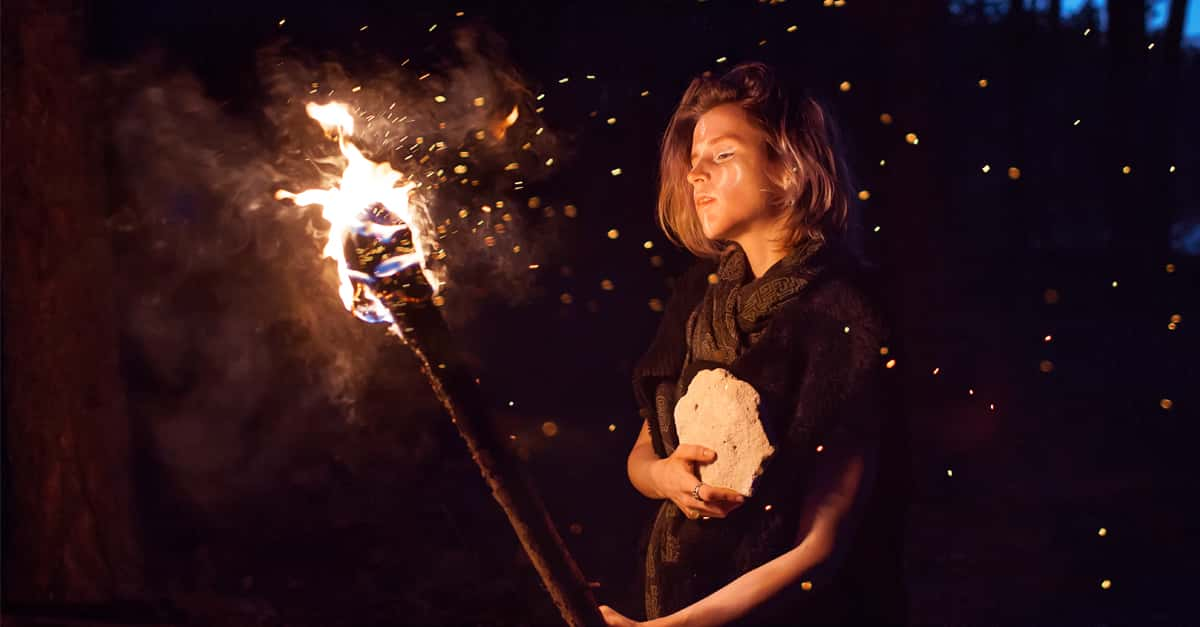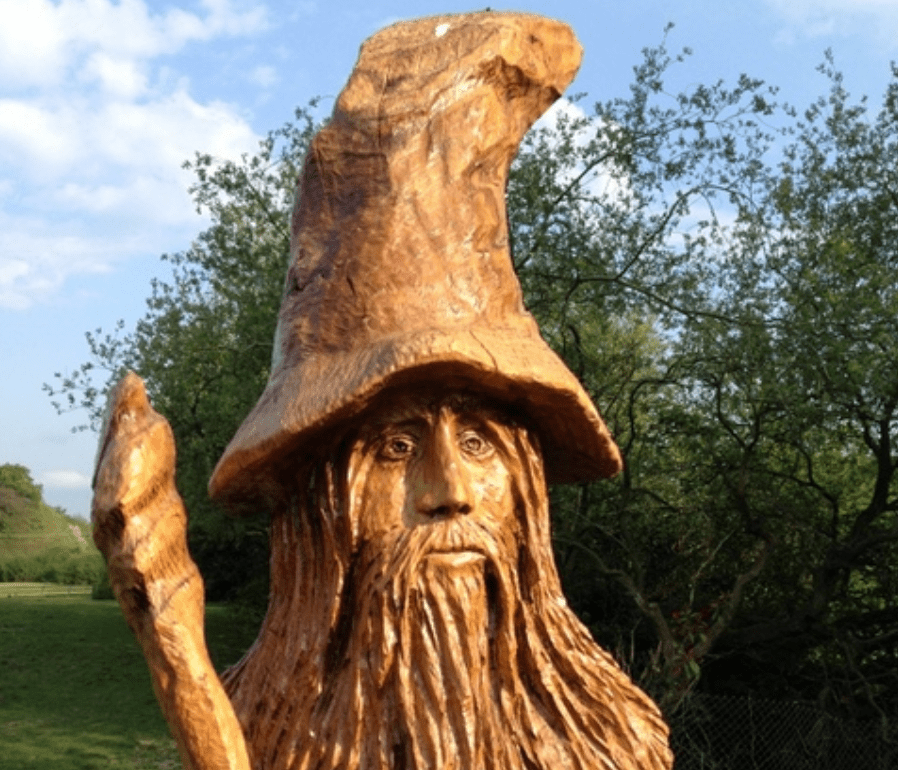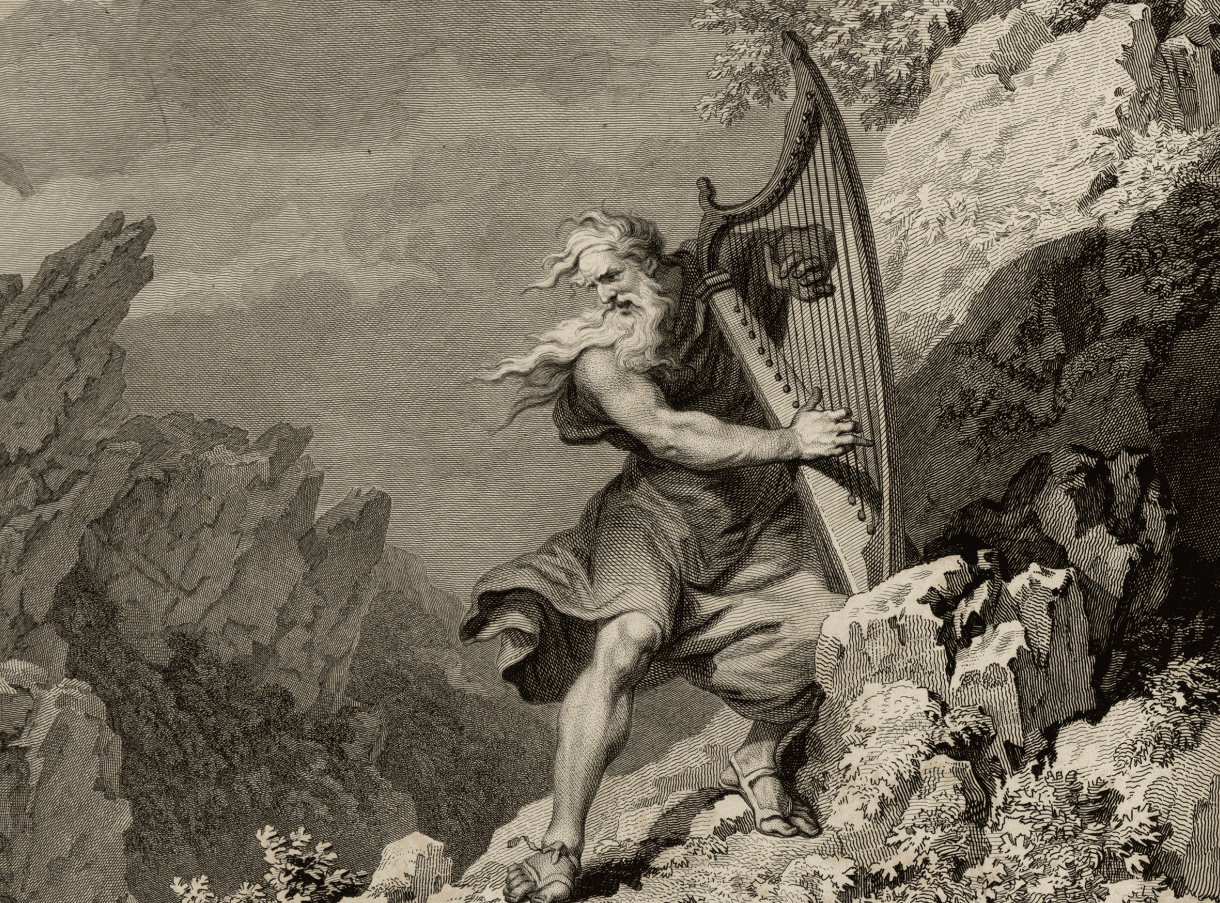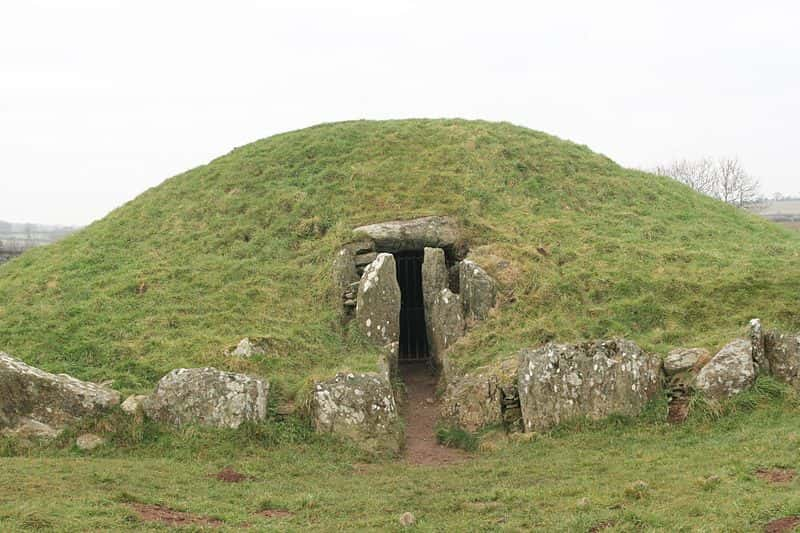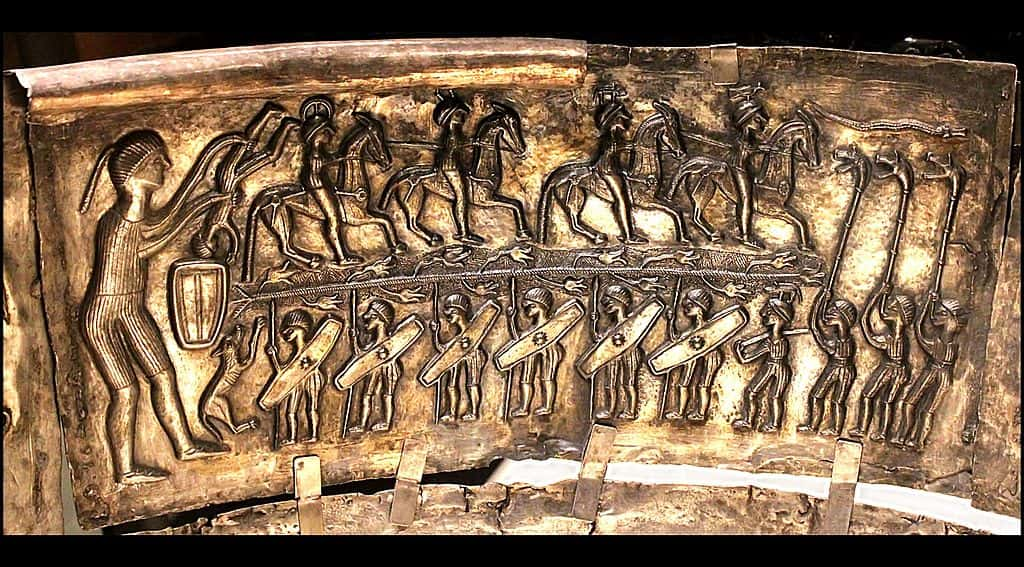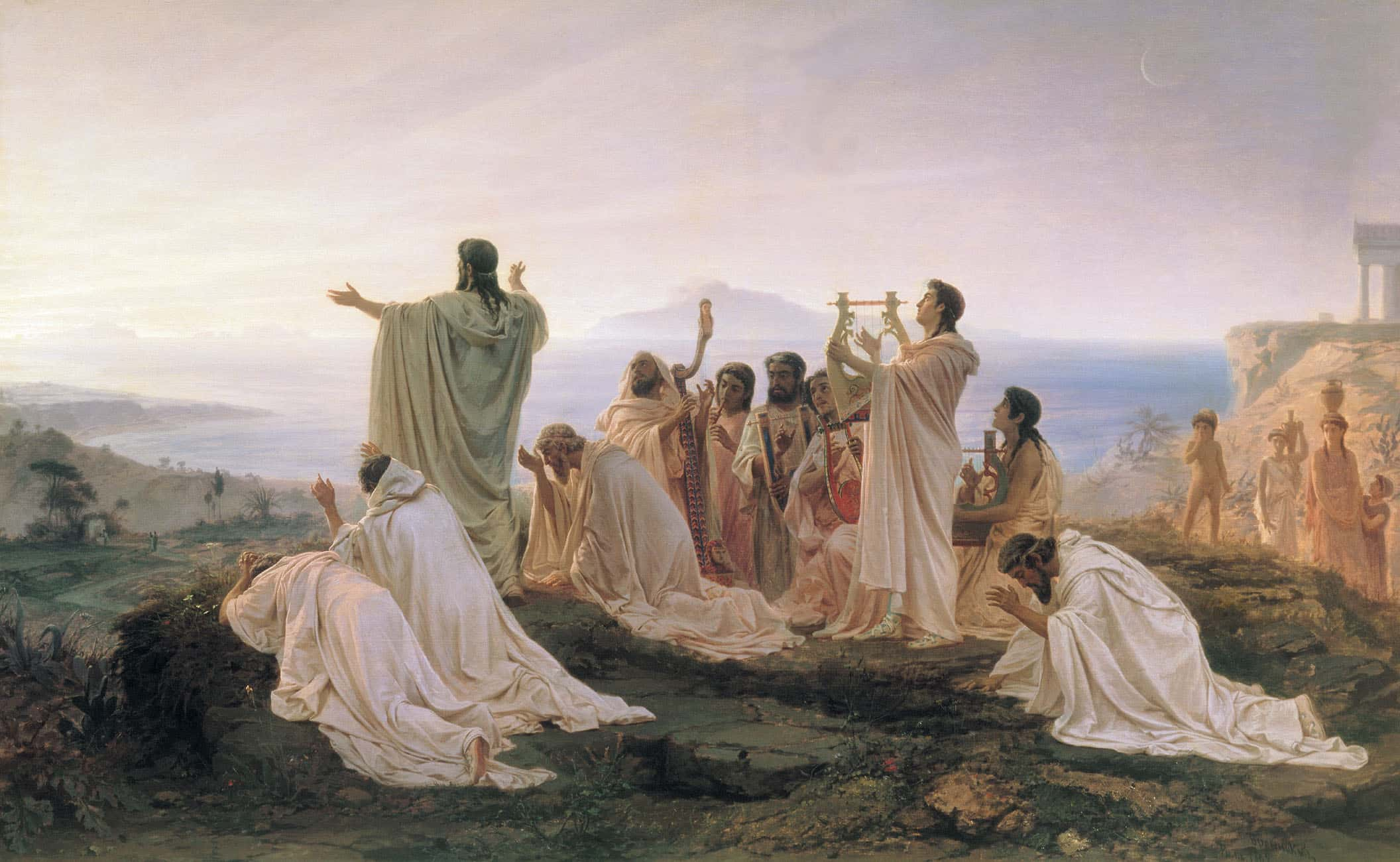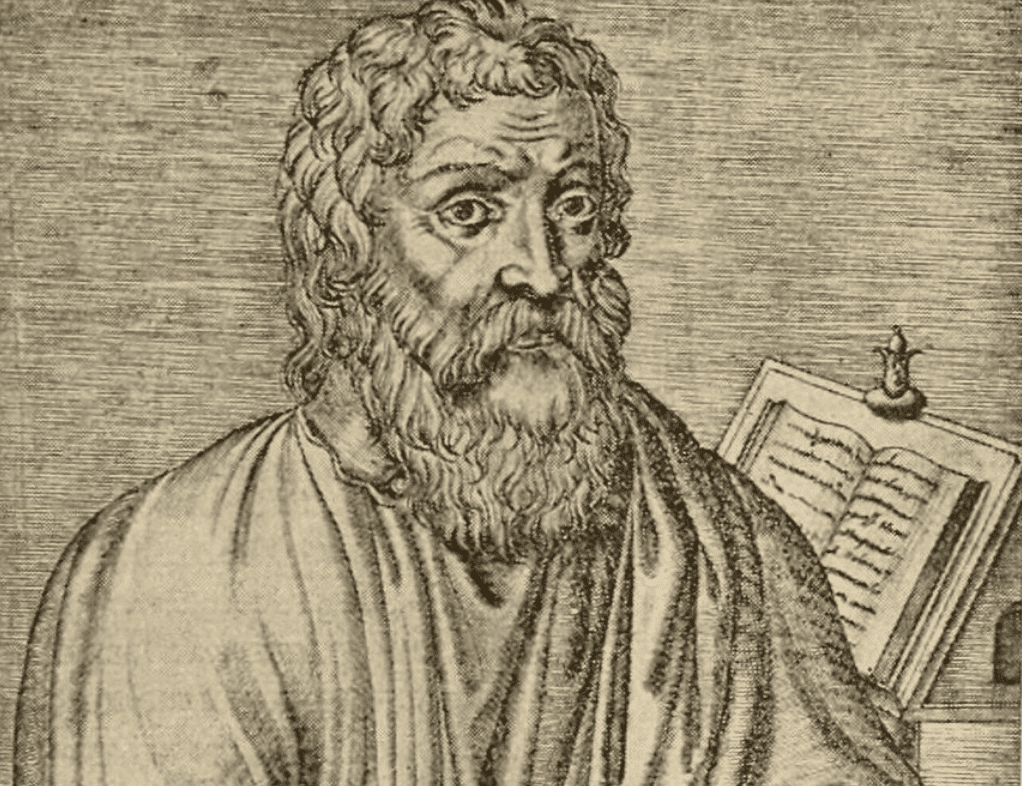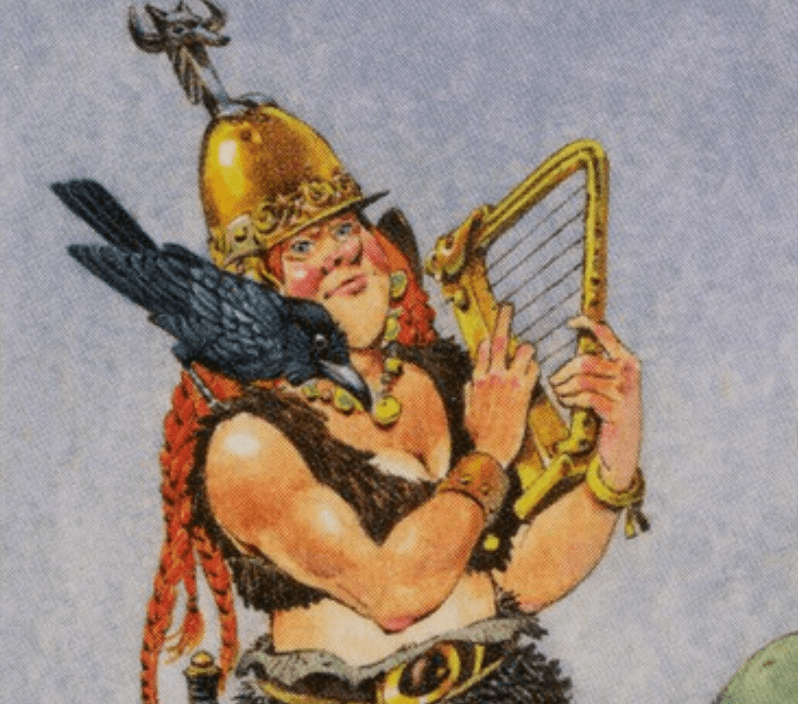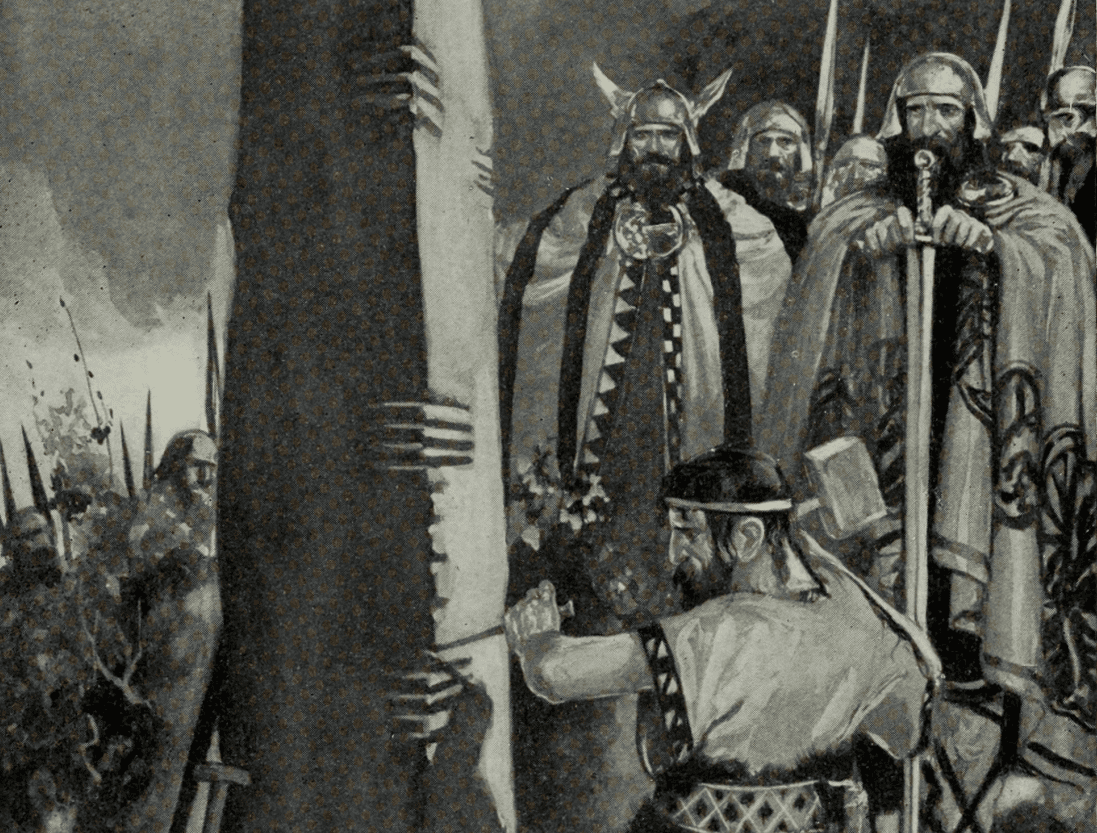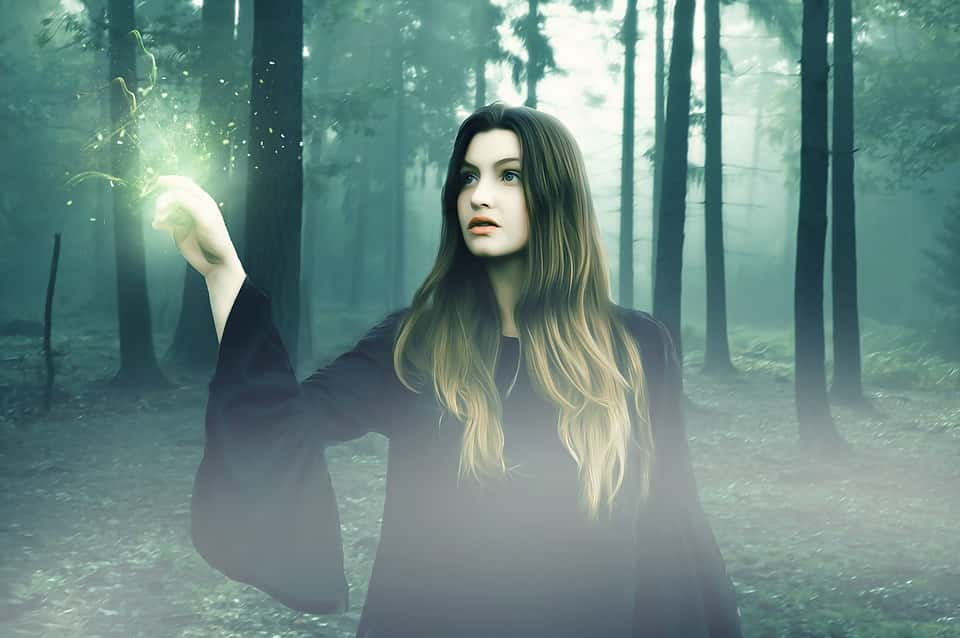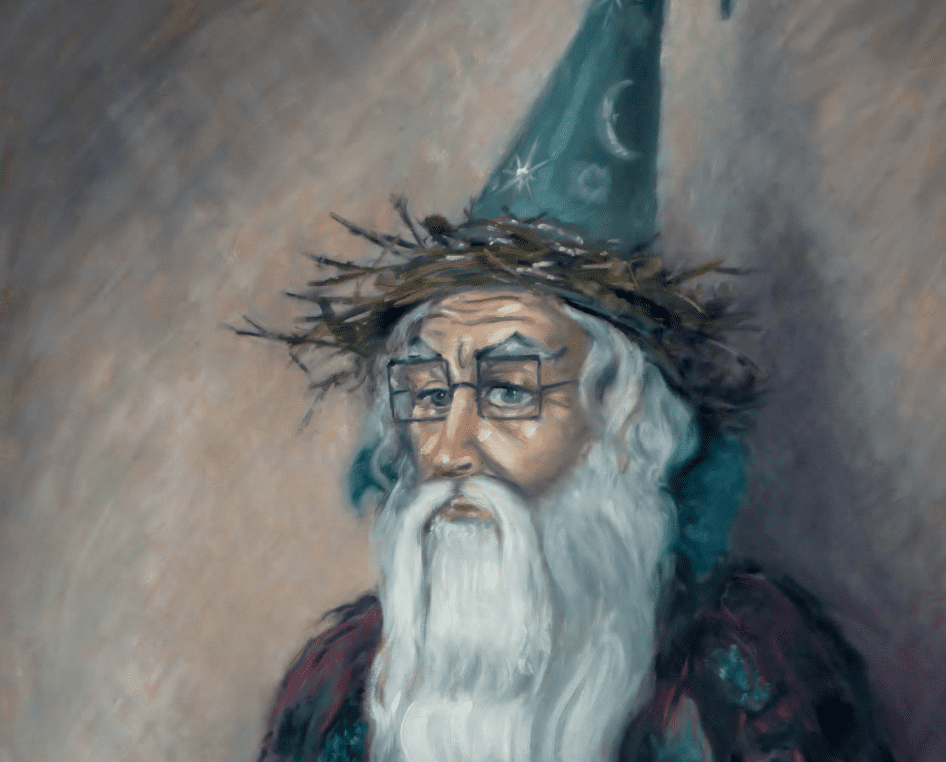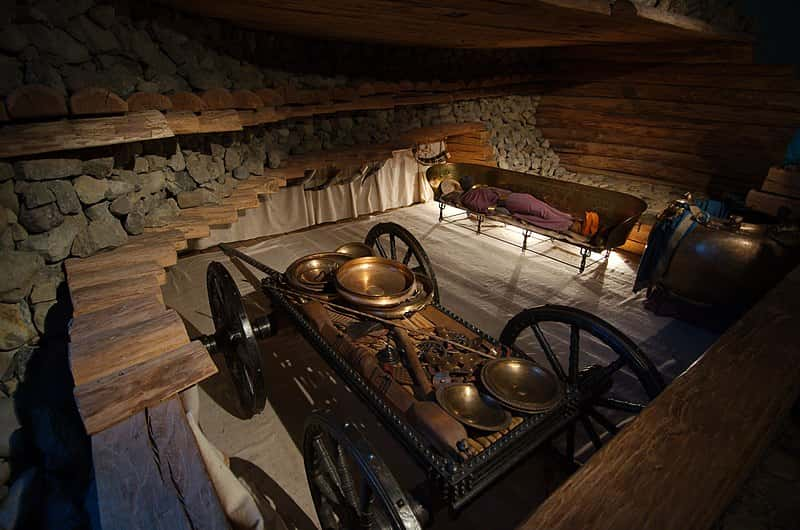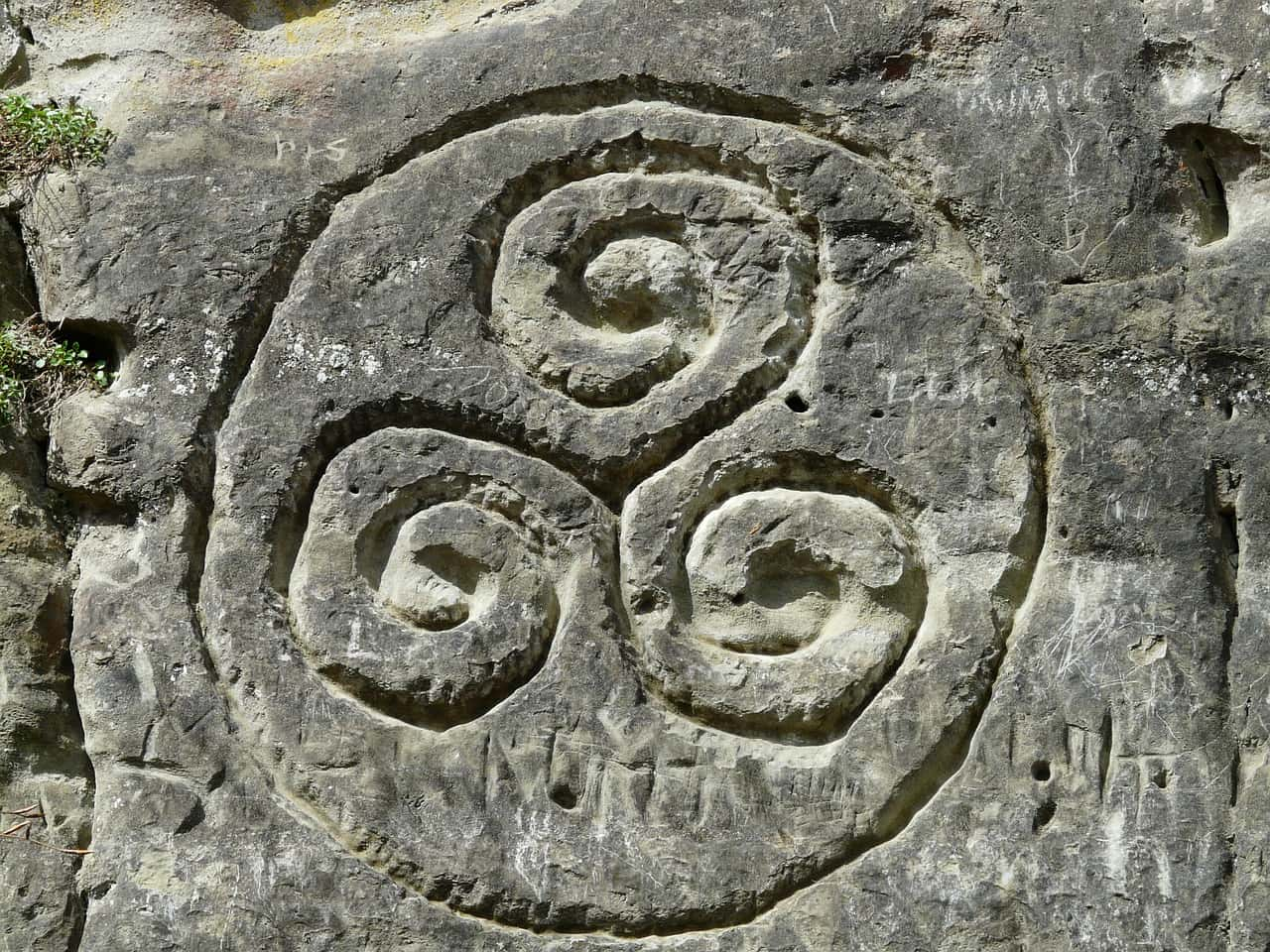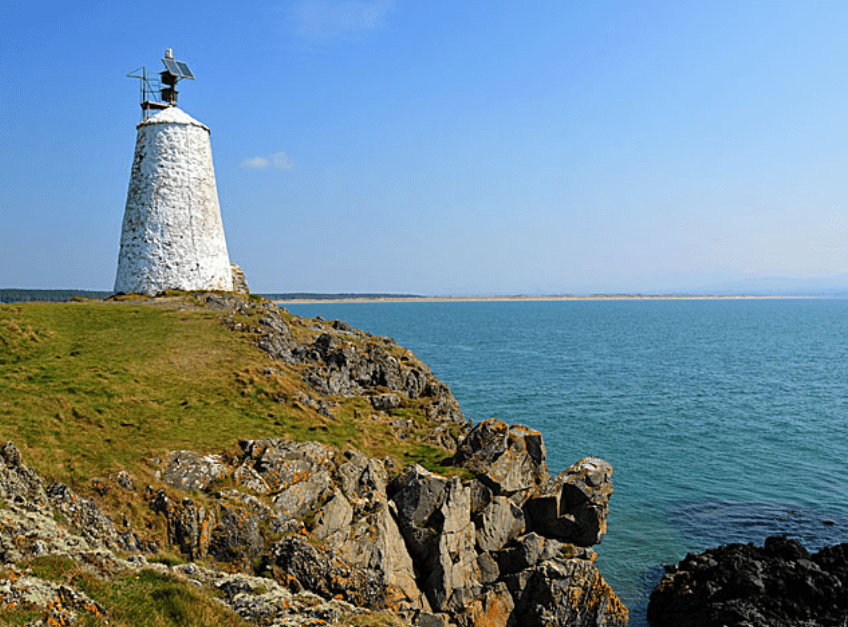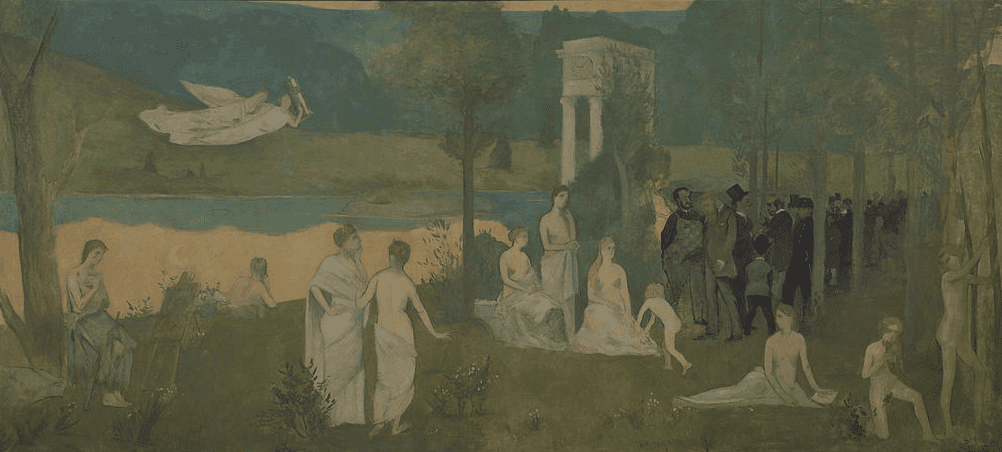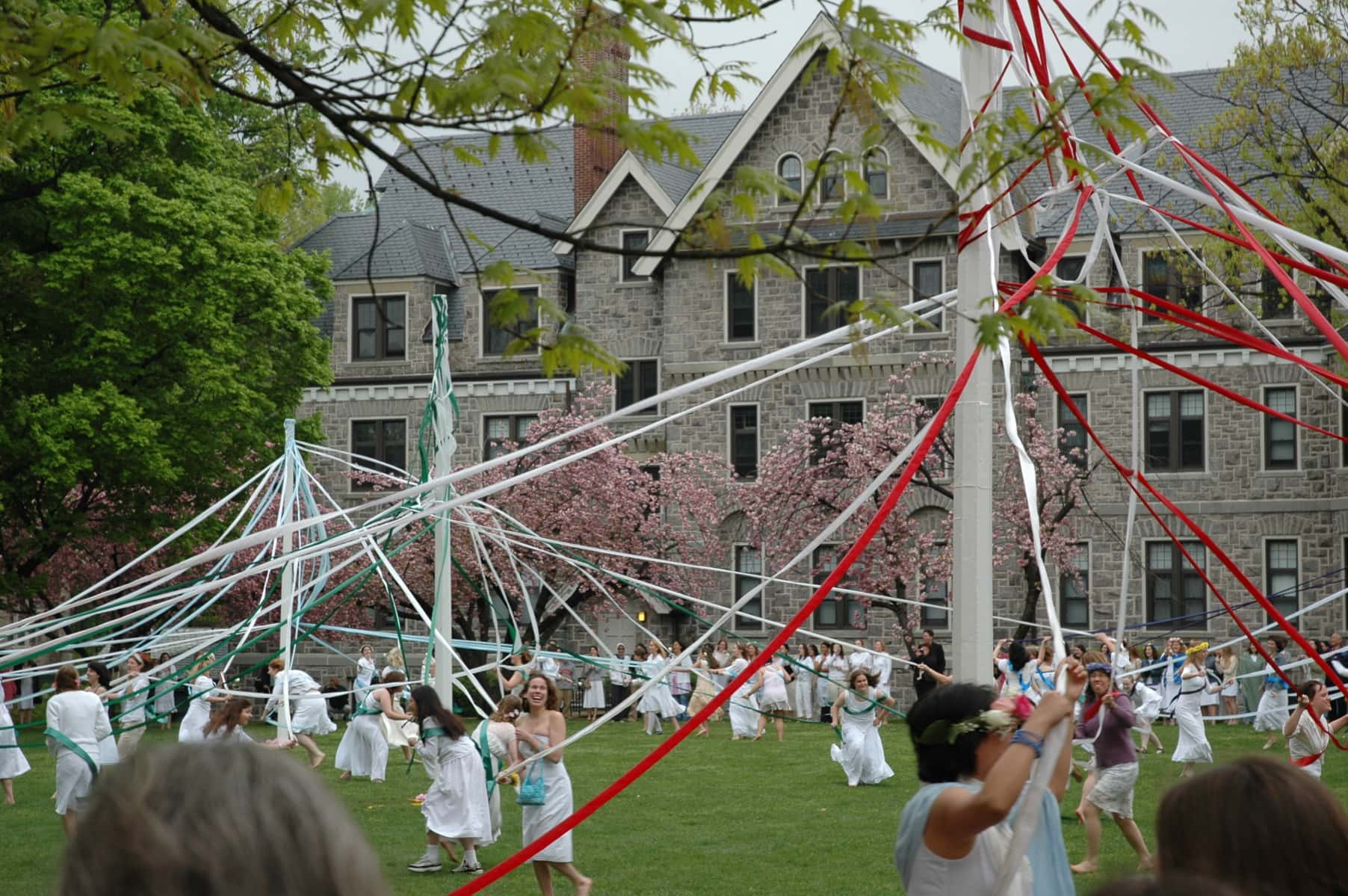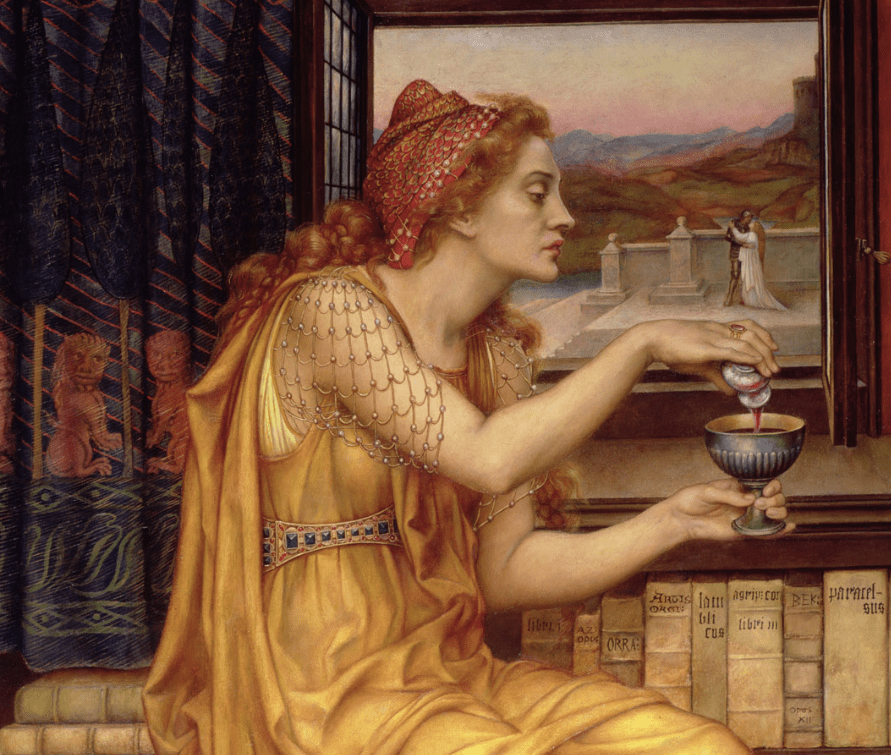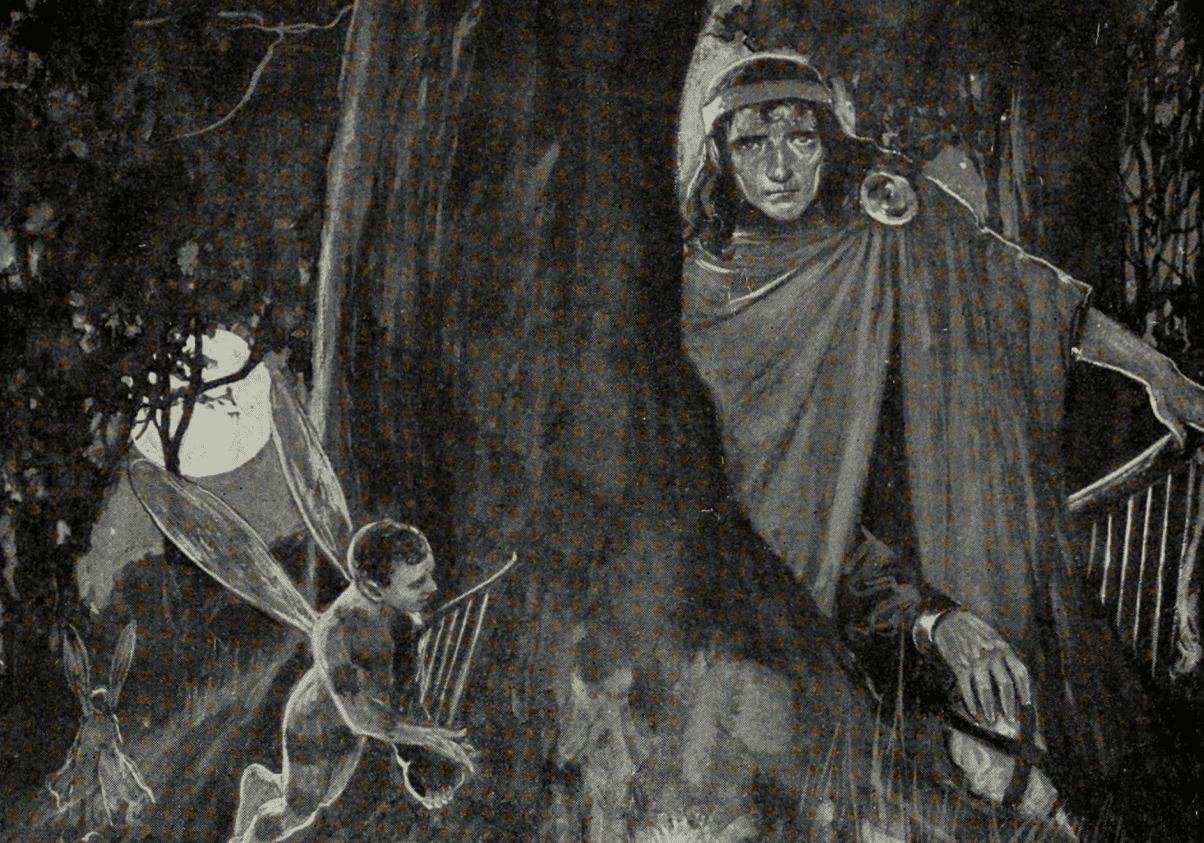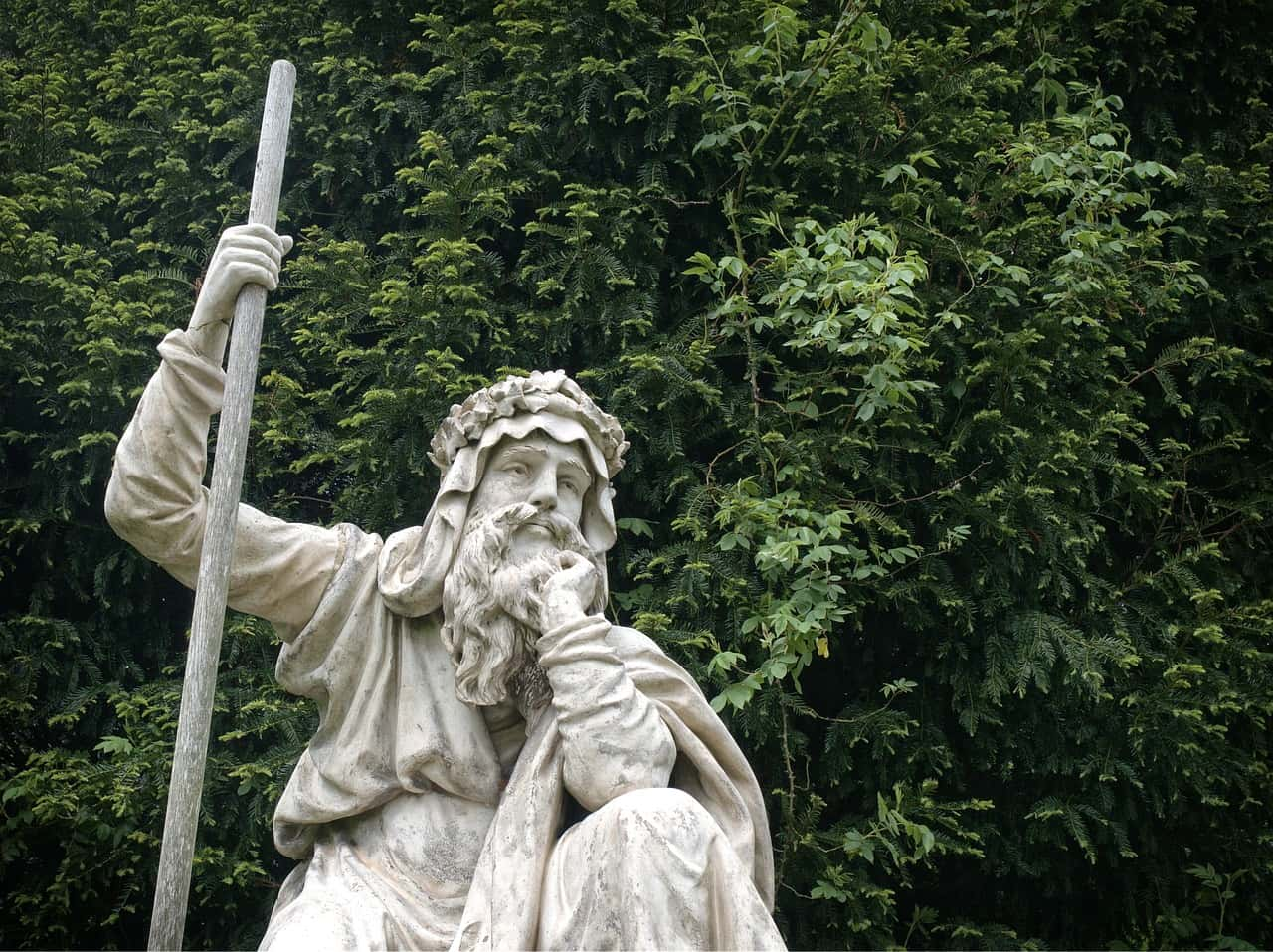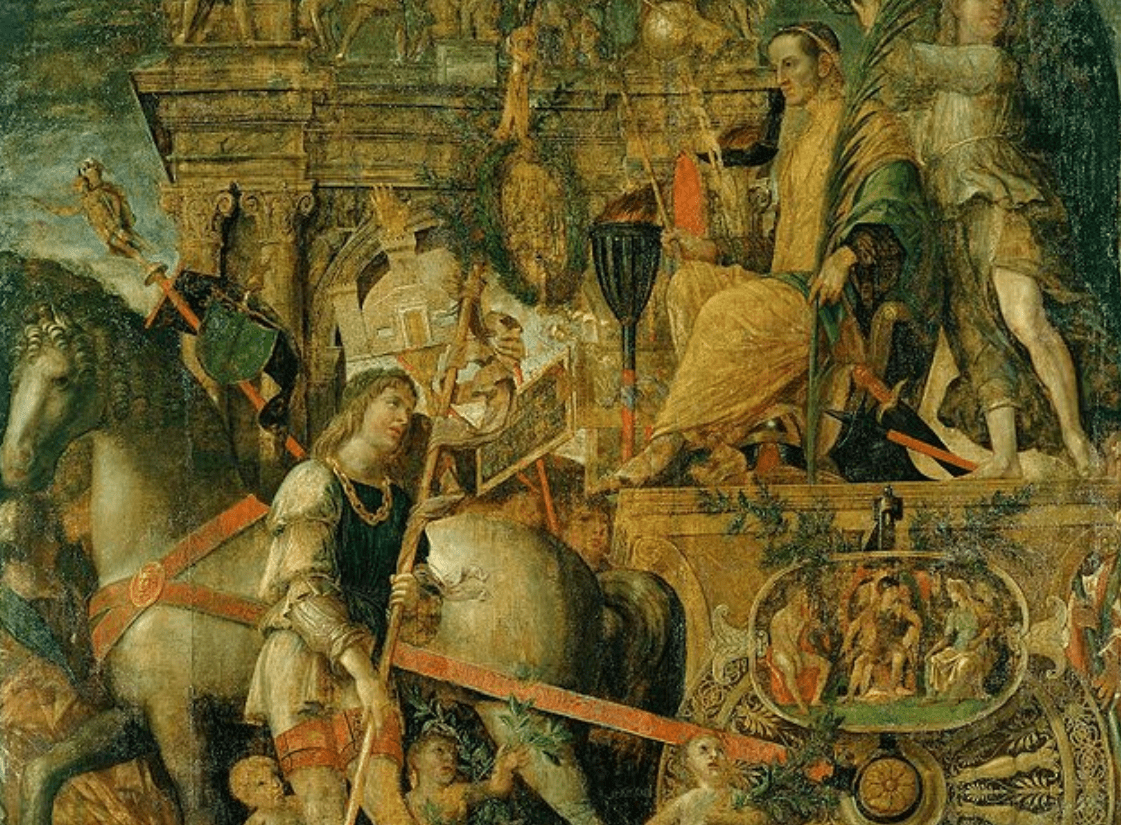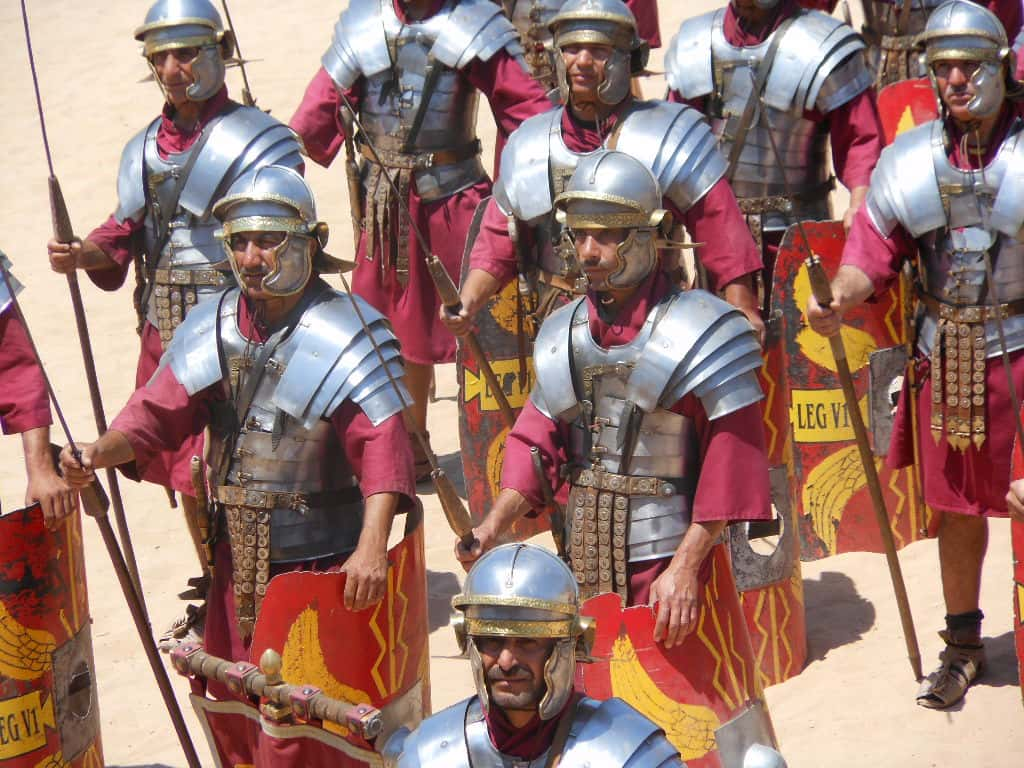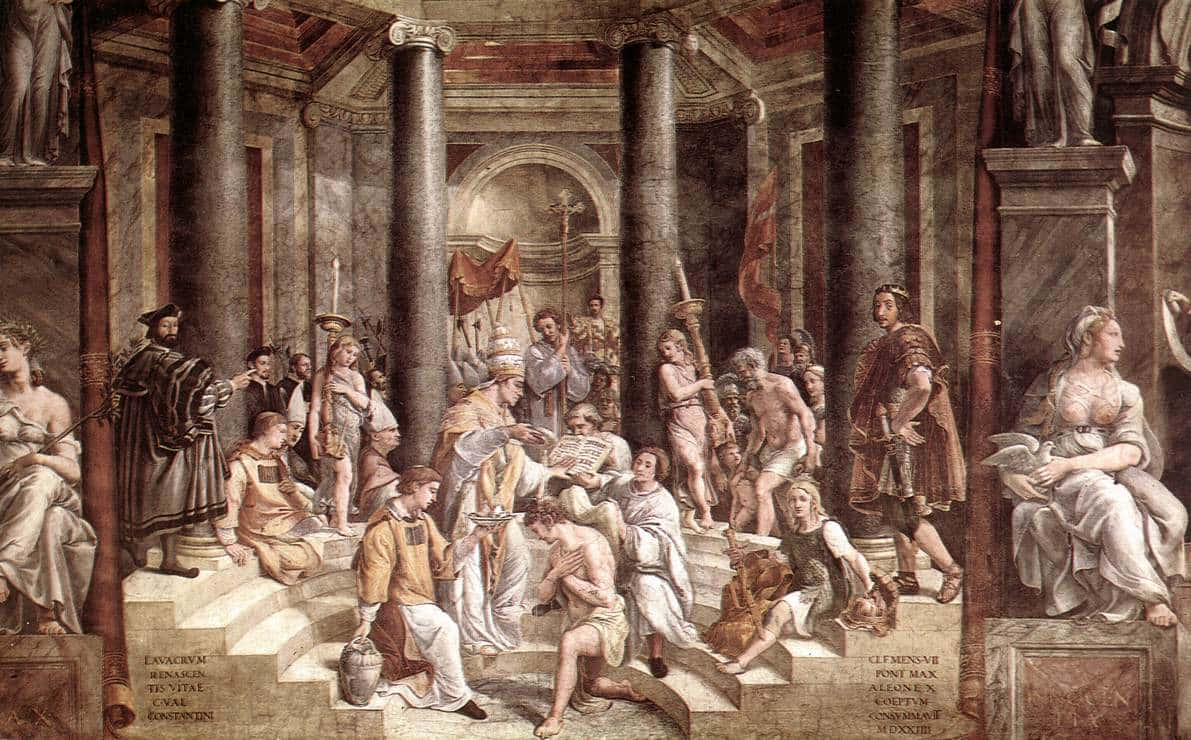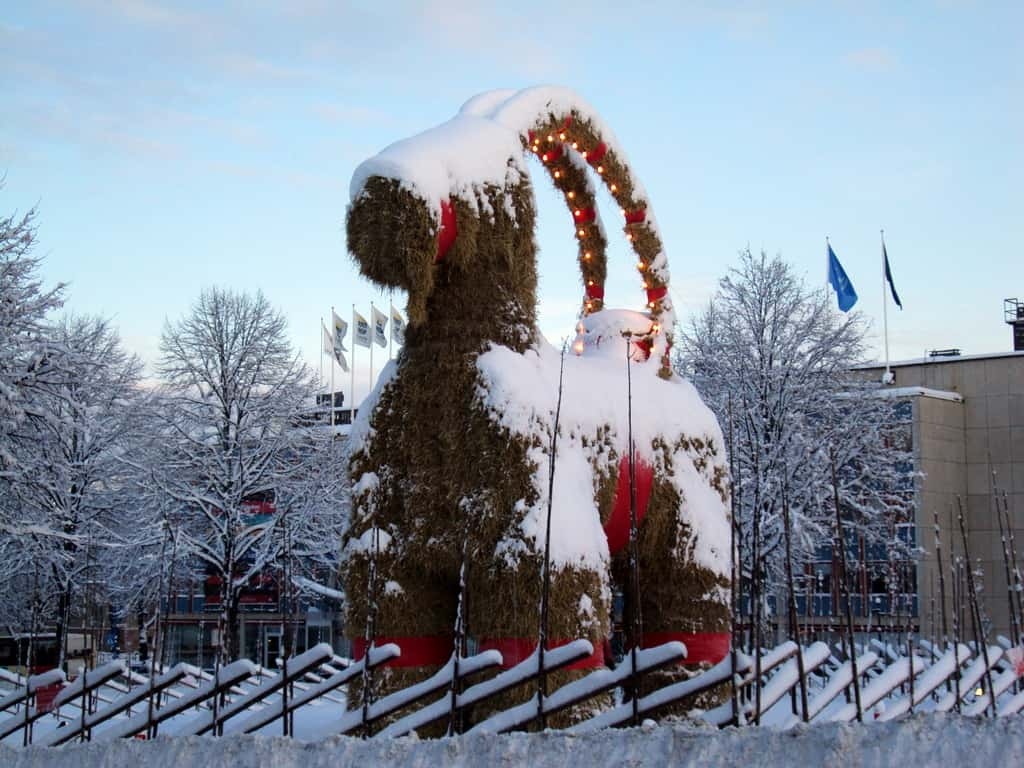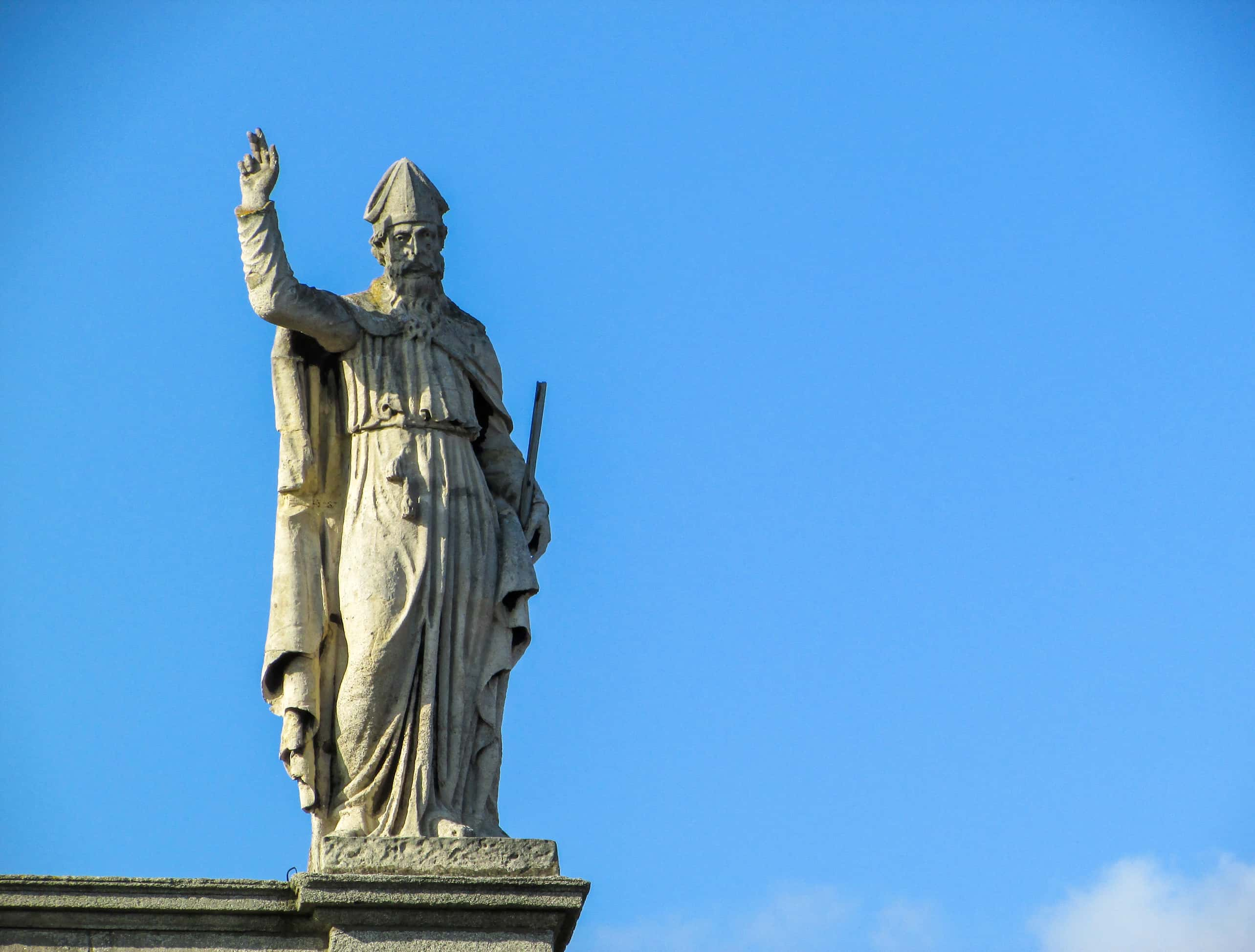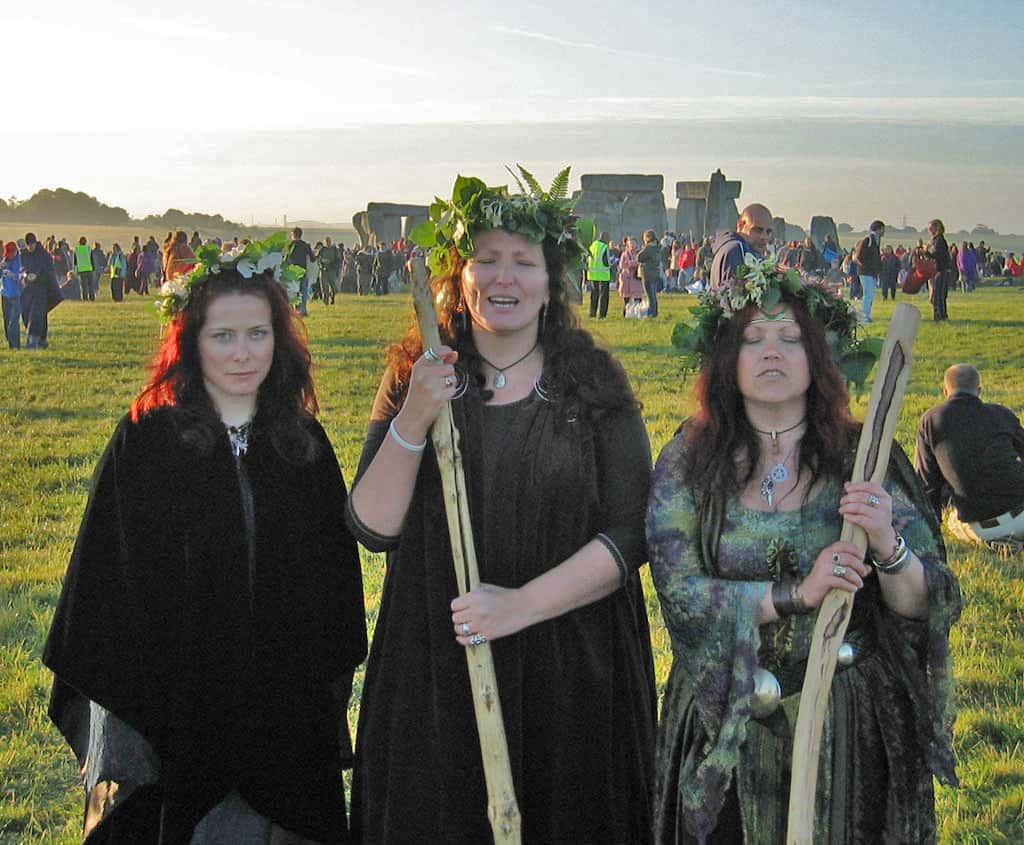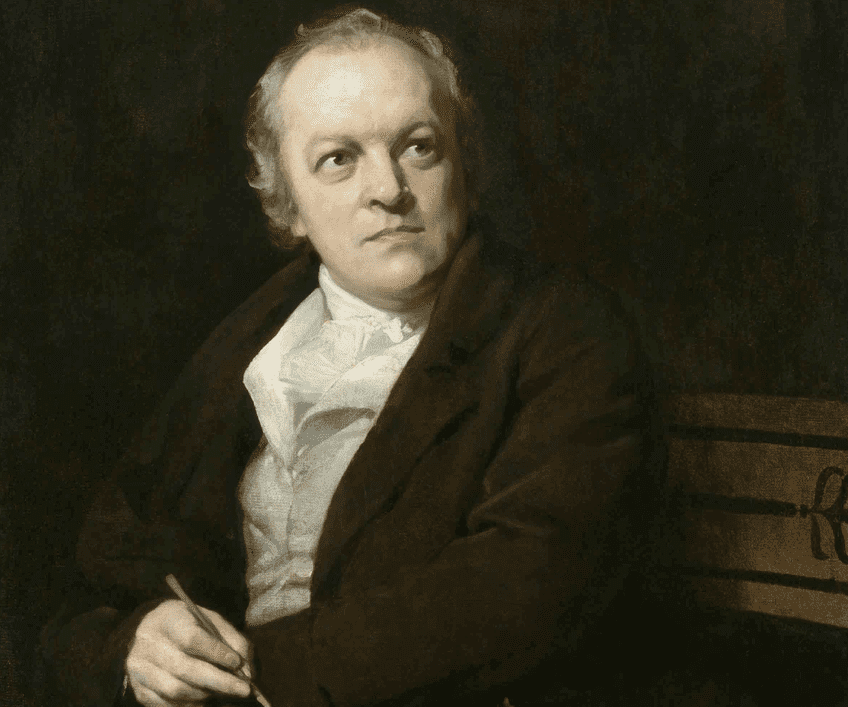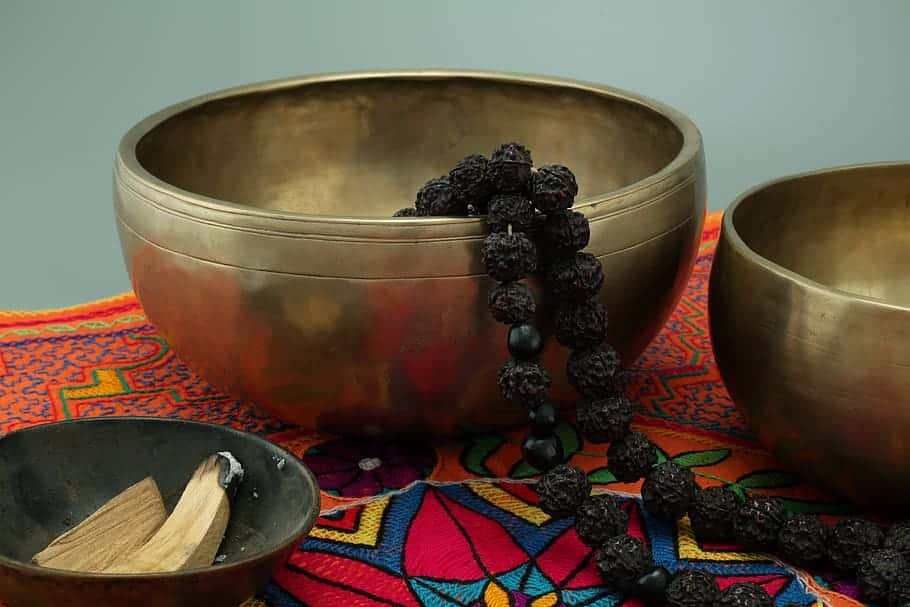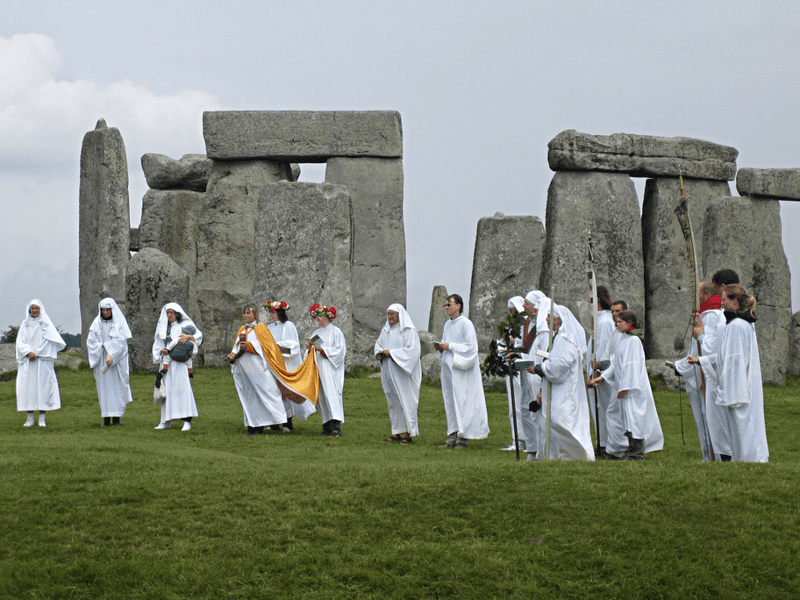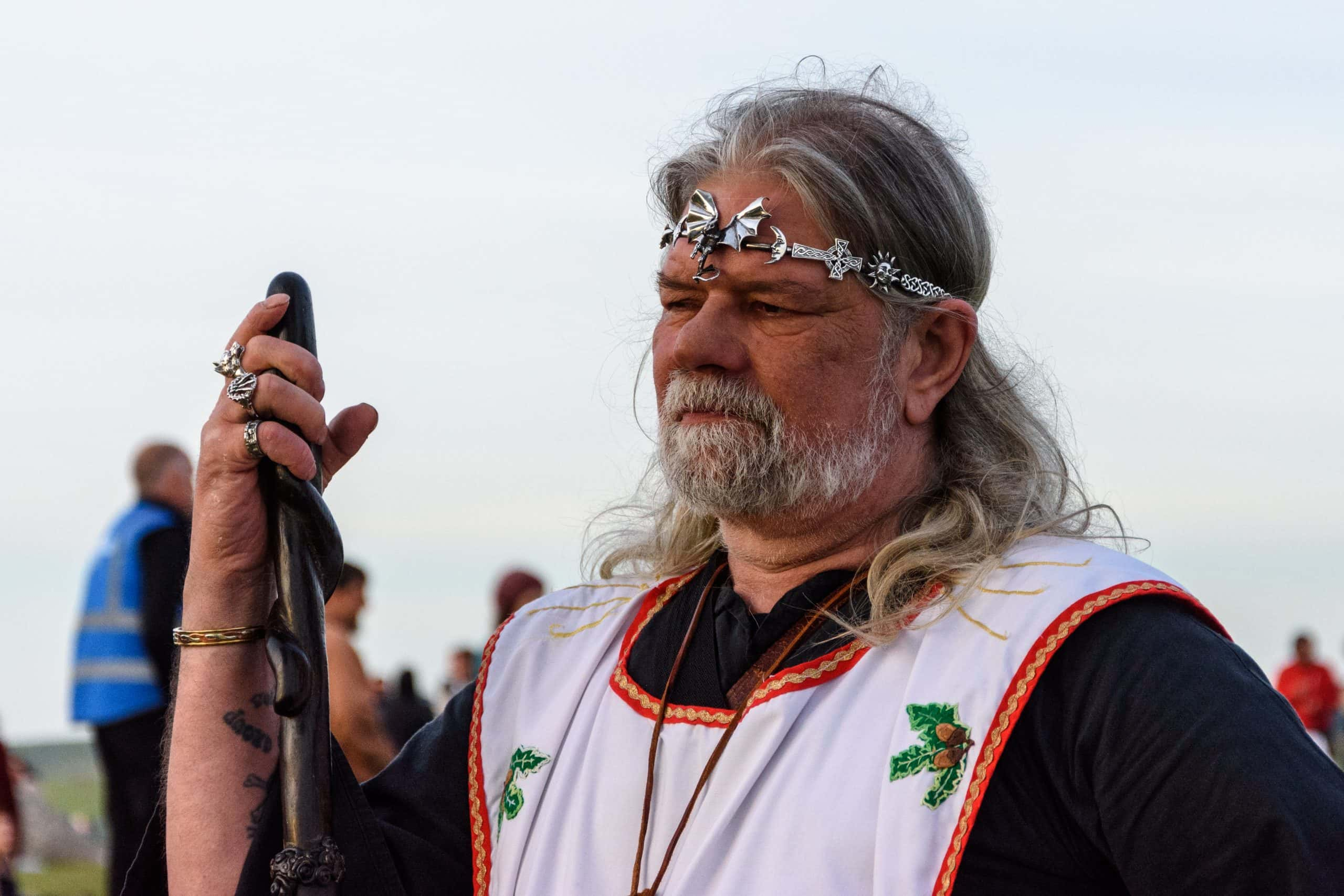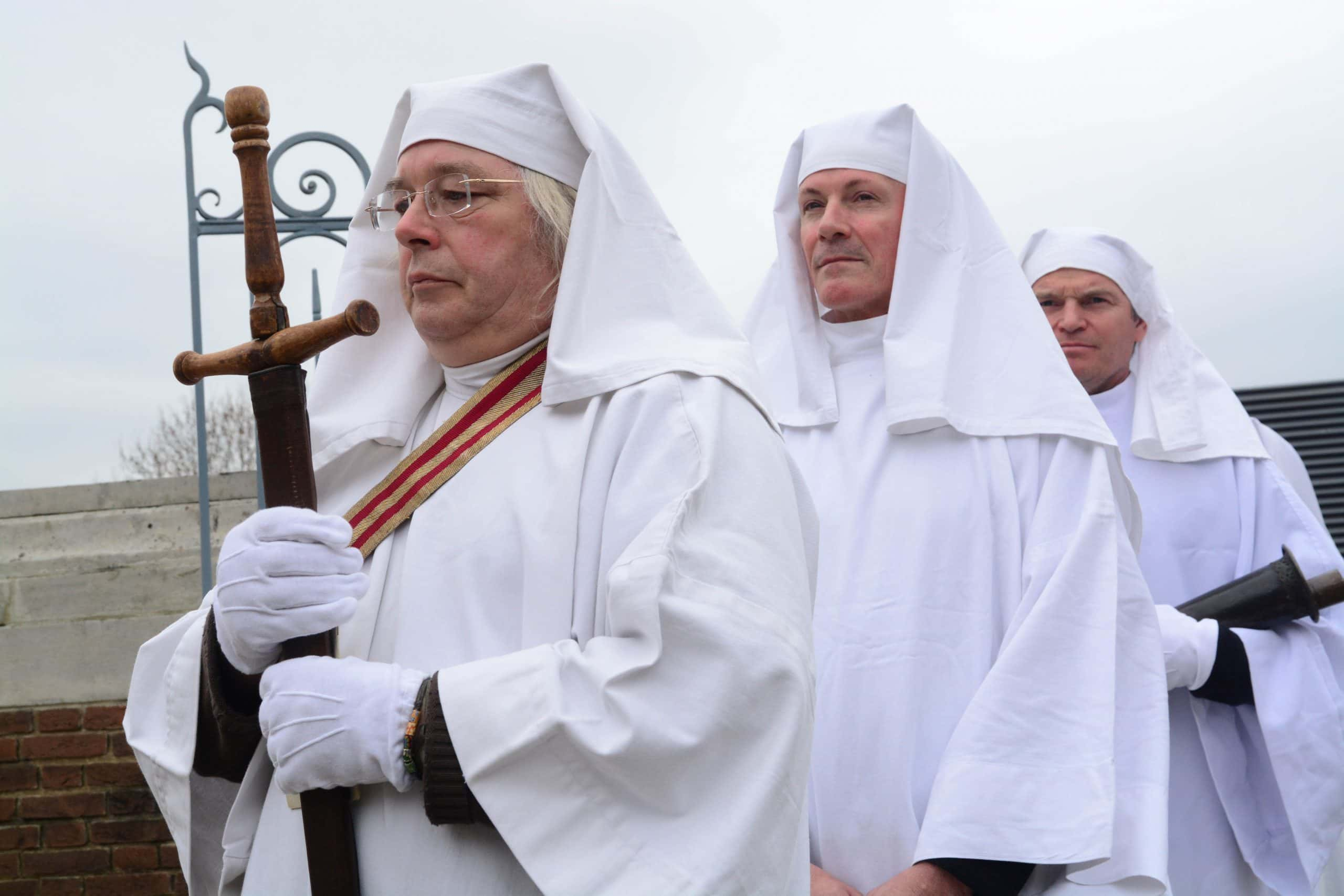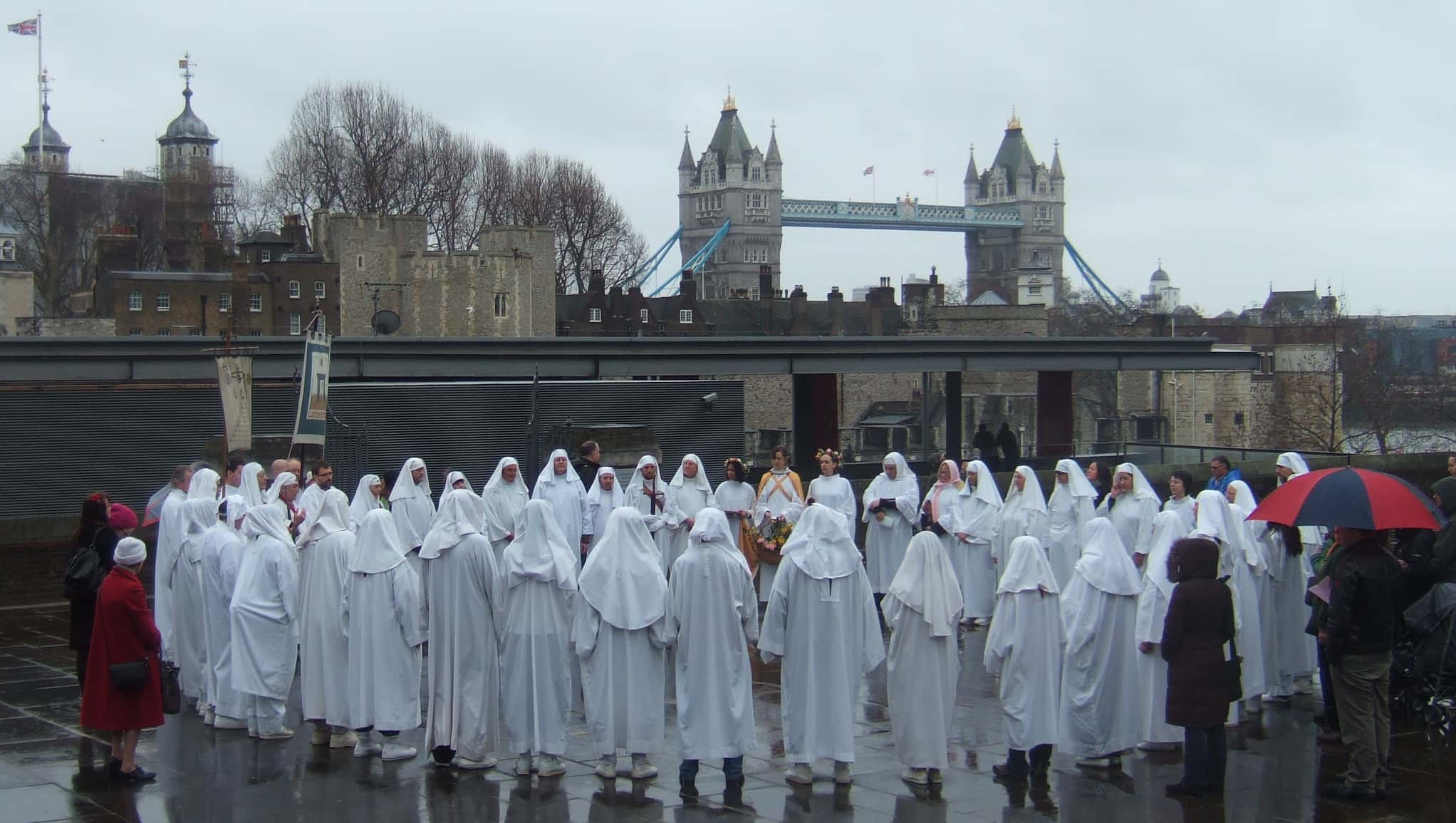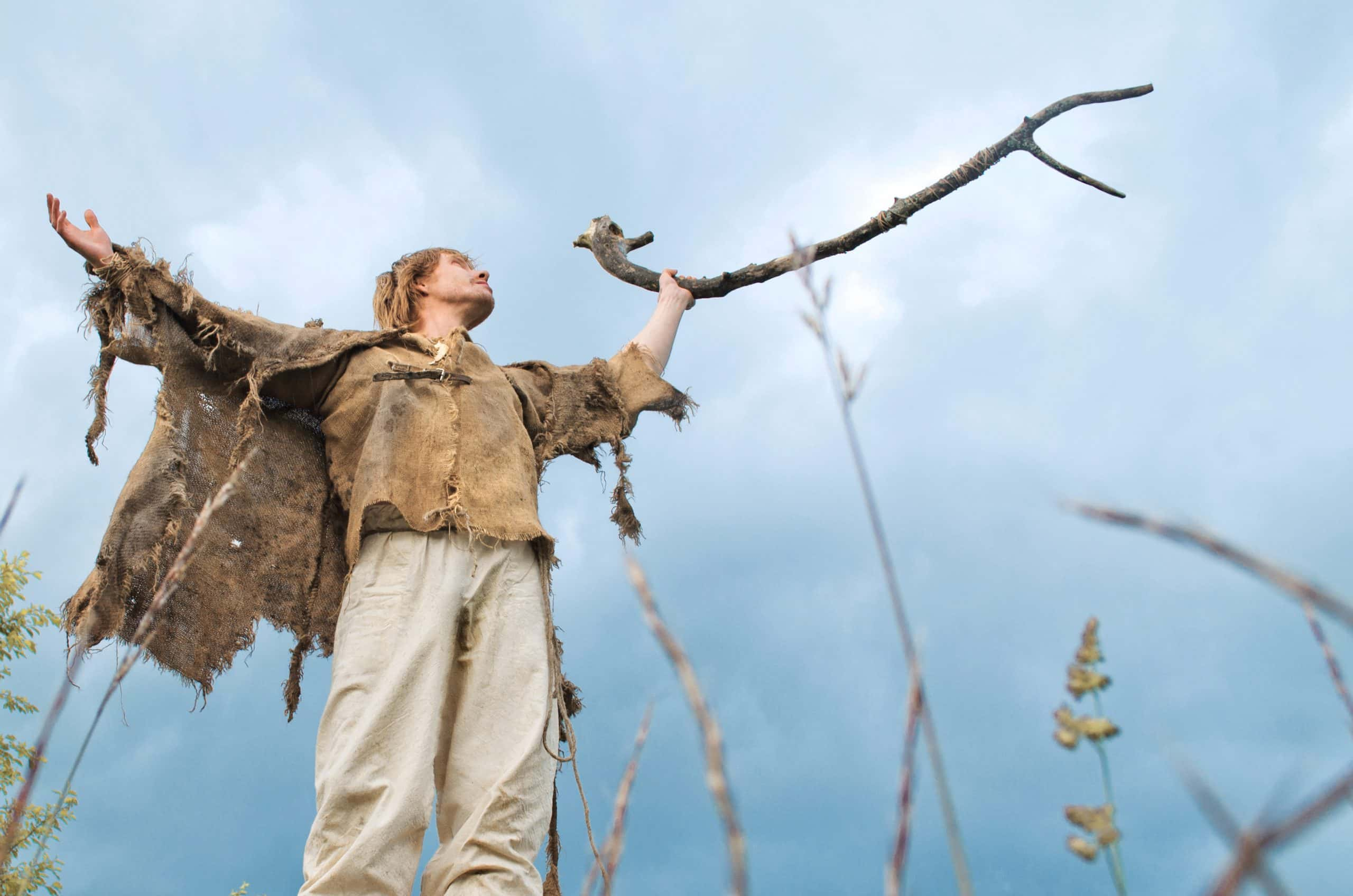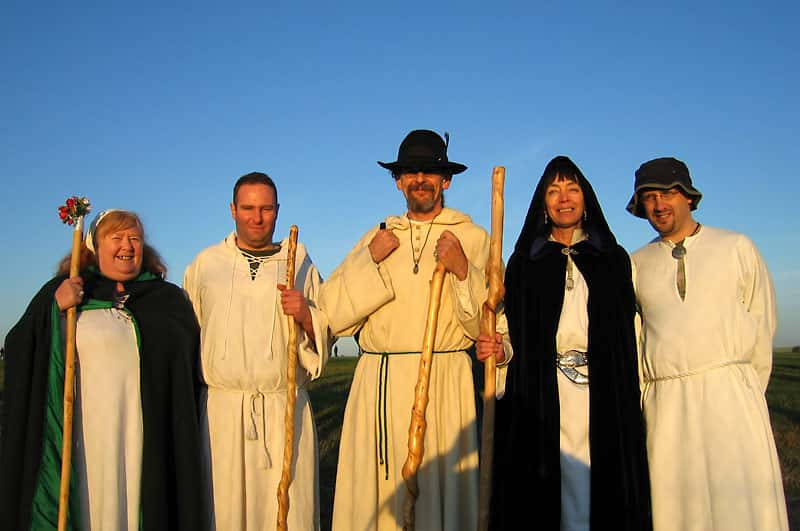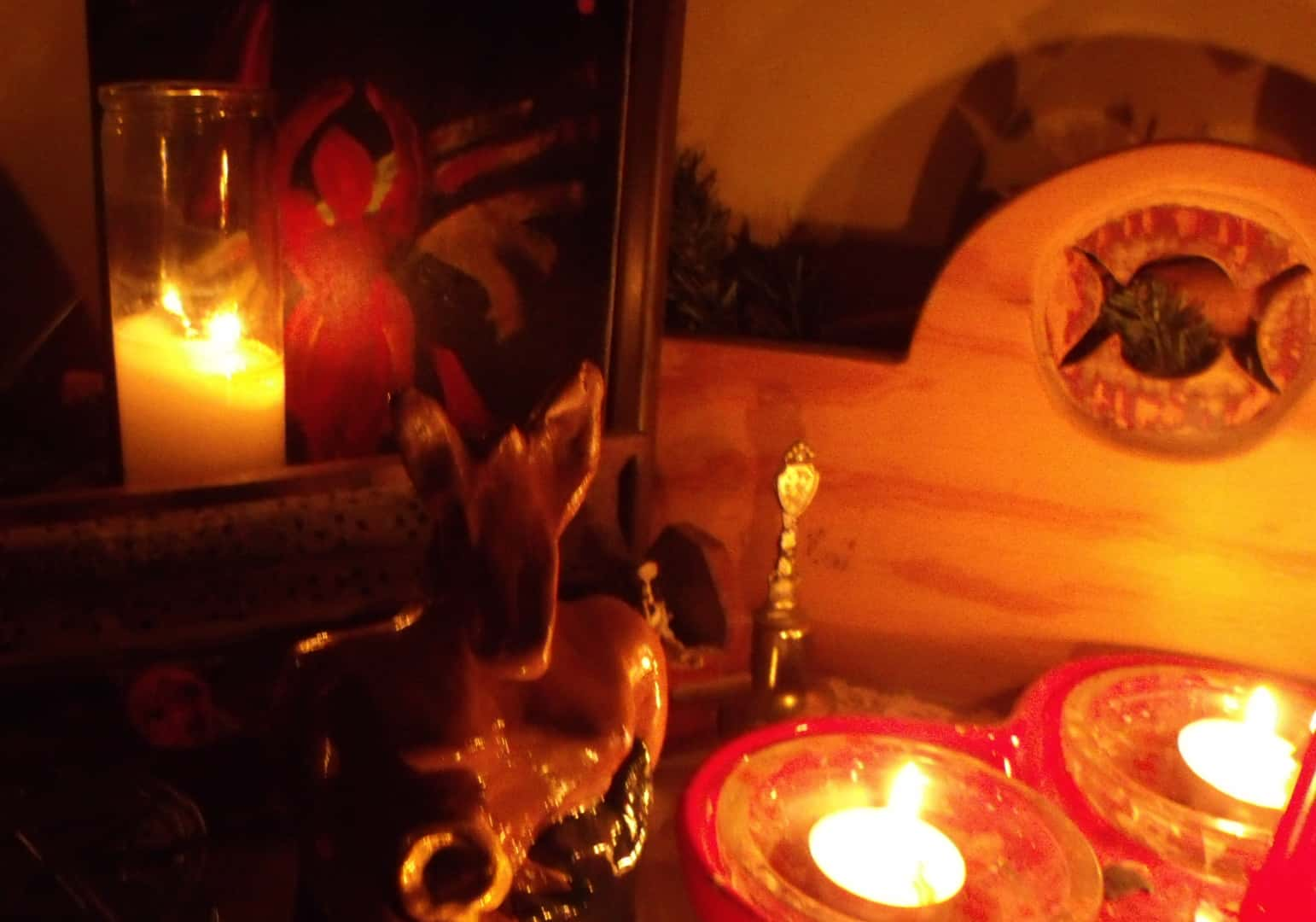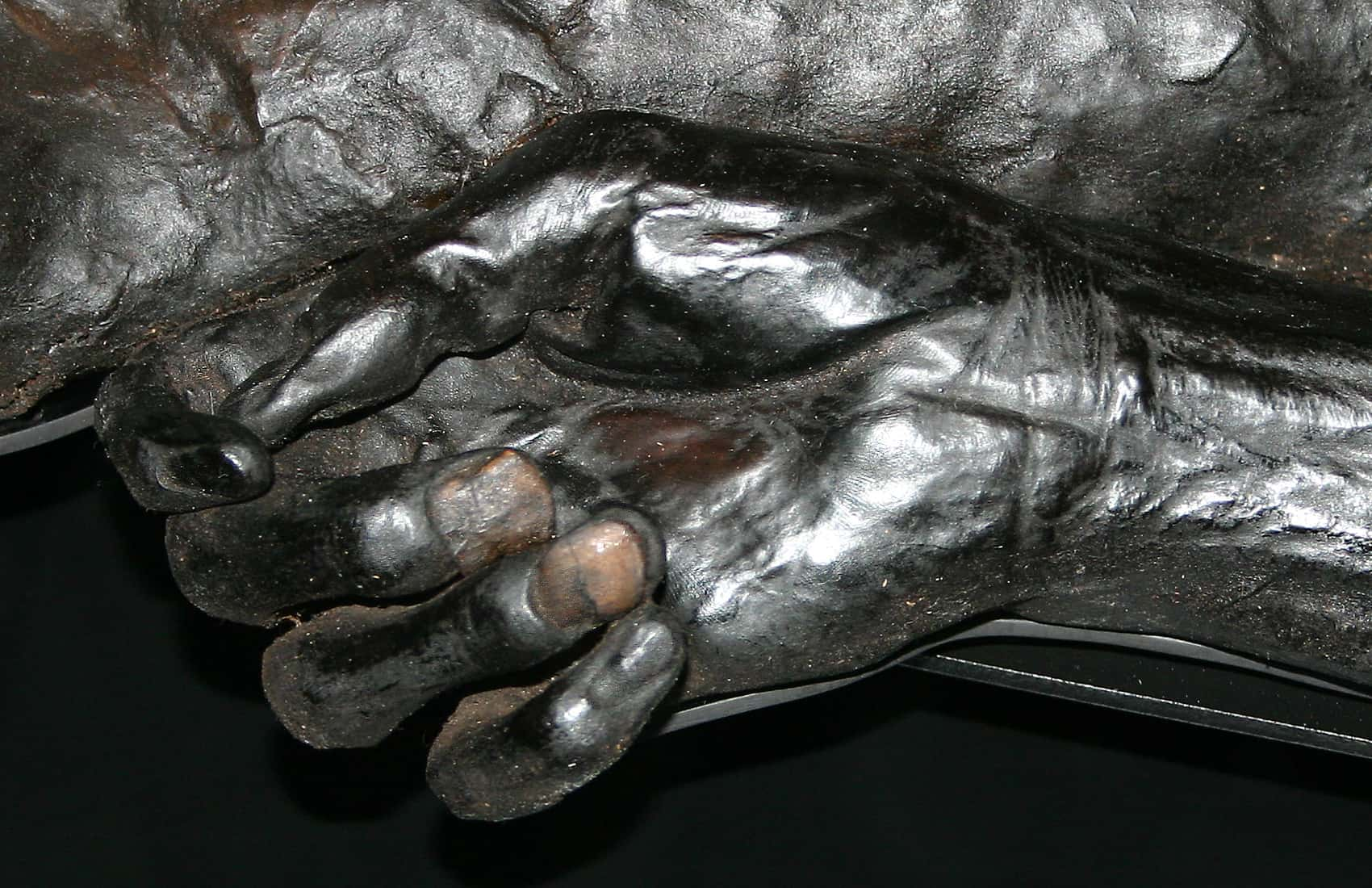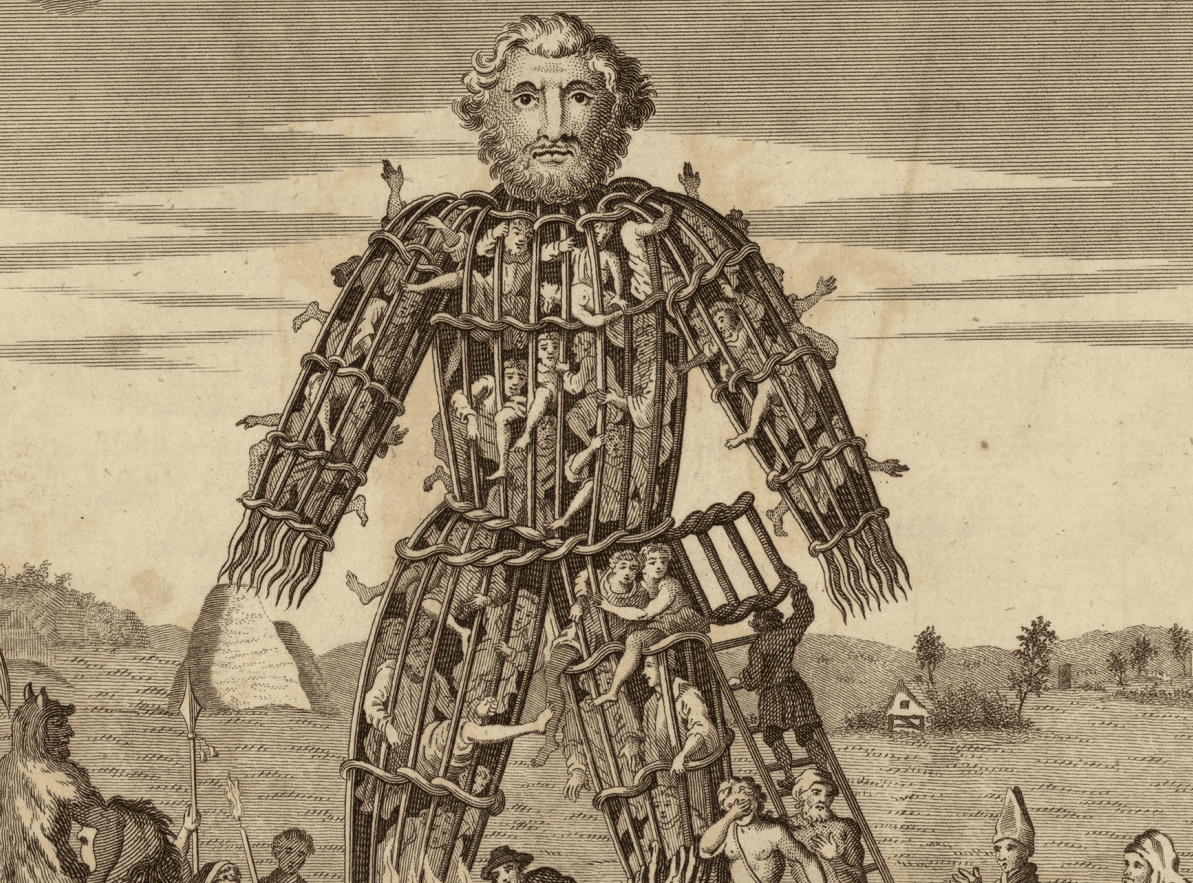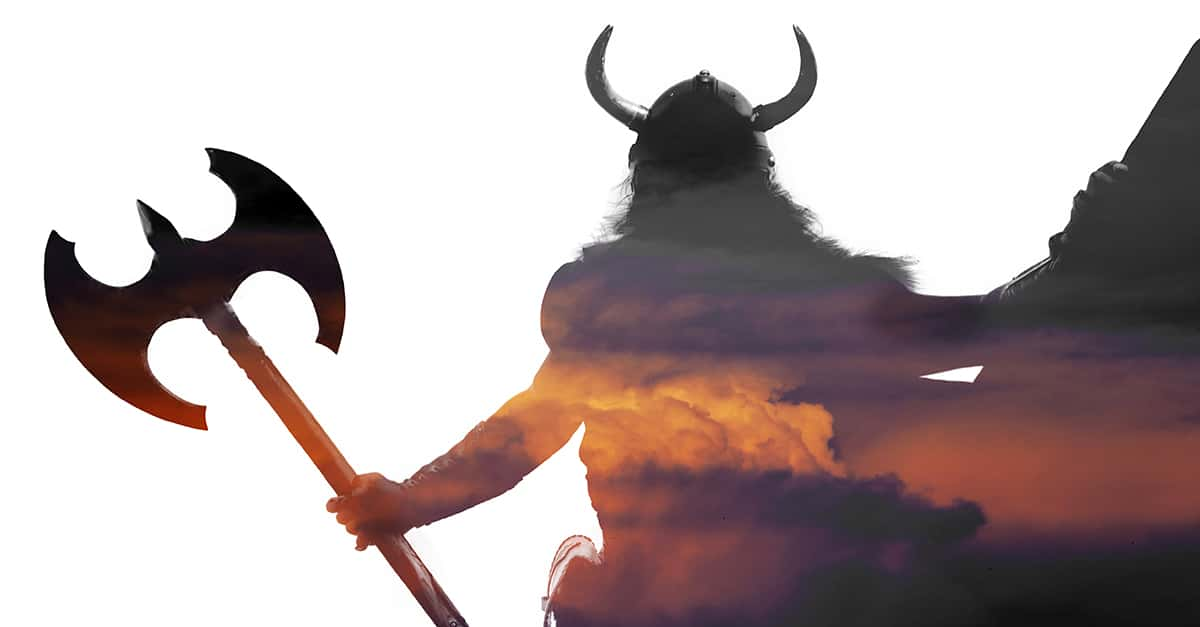When most people hear the word "druid," they might picture either version of The Wicker Man, or maybe a group of hippies chanting outside of Stonehenge. However, the history of the druids ranges back thousands of years. Here are 44 interesting facts about these mysterious people.
Druids Facts
44. Celtic Culture
The term "druid" applies to the religious figures within Celtic society. The Celts were an ancient people who were once spread out across western Europe but who are usually associated with Great Britain and Ireland (unless you’re an Asterix fan).
43. I Put a Spell on You!
While no genuinely Celtic sources survive from the Iron Age, Irish and Welsh sources did portray druids in their myths. These druids were often sorcerers or prophets predicting doom and gloom. They were also in very high positions of authority, which flew in the face of the Christian view of the older faiths.
42. Translate That
The word "druid" actually comes from the Latin word "druides," which is also found in the Ancient Greek language. The Romans seem to have gained this word by trying to translate it from an original Celtic word. When broken down, the word means "oak-knower" or "oak-seer," but it’s also used to reference a sorcerer.
41. Old-Timers
There is evidence that druids were practicing their religion as early as 25,000 years ago! Caves in France and Spain were covered in drawings of wild animals, and we also have ancient mounds and structures like Stonehenge thanks to the druids and their culture.
40. Written by the Victors
Most of our knowledge of Druidry (as it’s often called) comes from historical documents written by the Ancient Romans, and later by the Christians. This puts historians in a bad spot, because the Celts and Romans were constantly at war with each other, and the Christians would absorb most of Celtic society. The Romans and Christians couldn’t necessarily be trusted to give an unbiased account of the Celts, so we need to take their writing with a grain of salt (and ideally some nice Italian wine).
39. Try to Remember
The big reason why the druids didn’t write about their own culture was because it was completely oral. Druids needed to know all their spells, rituals, and wisdom by heart. Julius Caesar wrote that druids could spend 20 years training for the job, which makes us feel slightly better about unpaid internships.
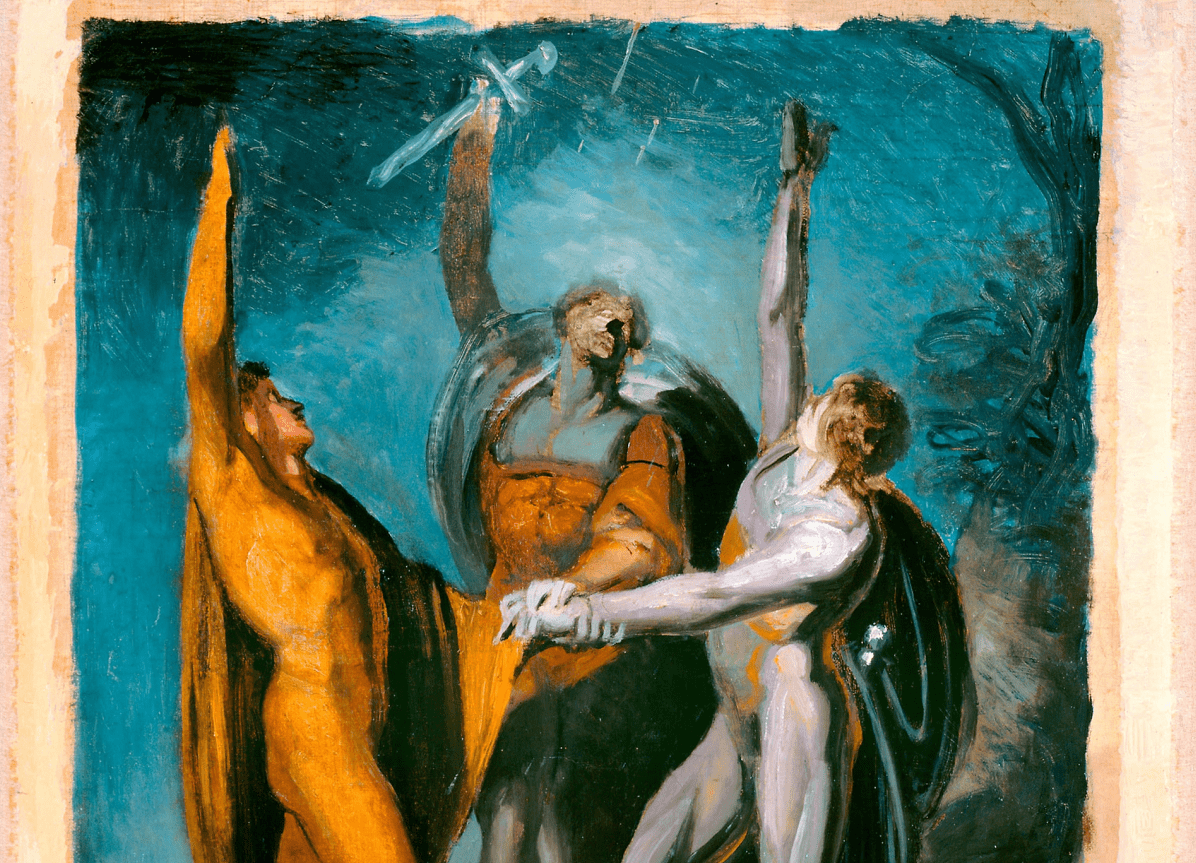 Wikimedia Commons
Wikimedia Commons
38. Top Dogs
According to Caesar’s writing, the druids were the most respected group of people in Celtic society apart from the nobles. They were more than a religious order; they were leading figures in society.
37. Smart Cookies
The druids–and the rest of the Celts–seem to have had a pretty advanced civilization back in the day. The existence of such stone circles as Stonehenge suggest that they were incredible builders. This means they would have had great engineering and mathematical skills. Unless, of course, you think Stonehenge was built by aliens or something like that.
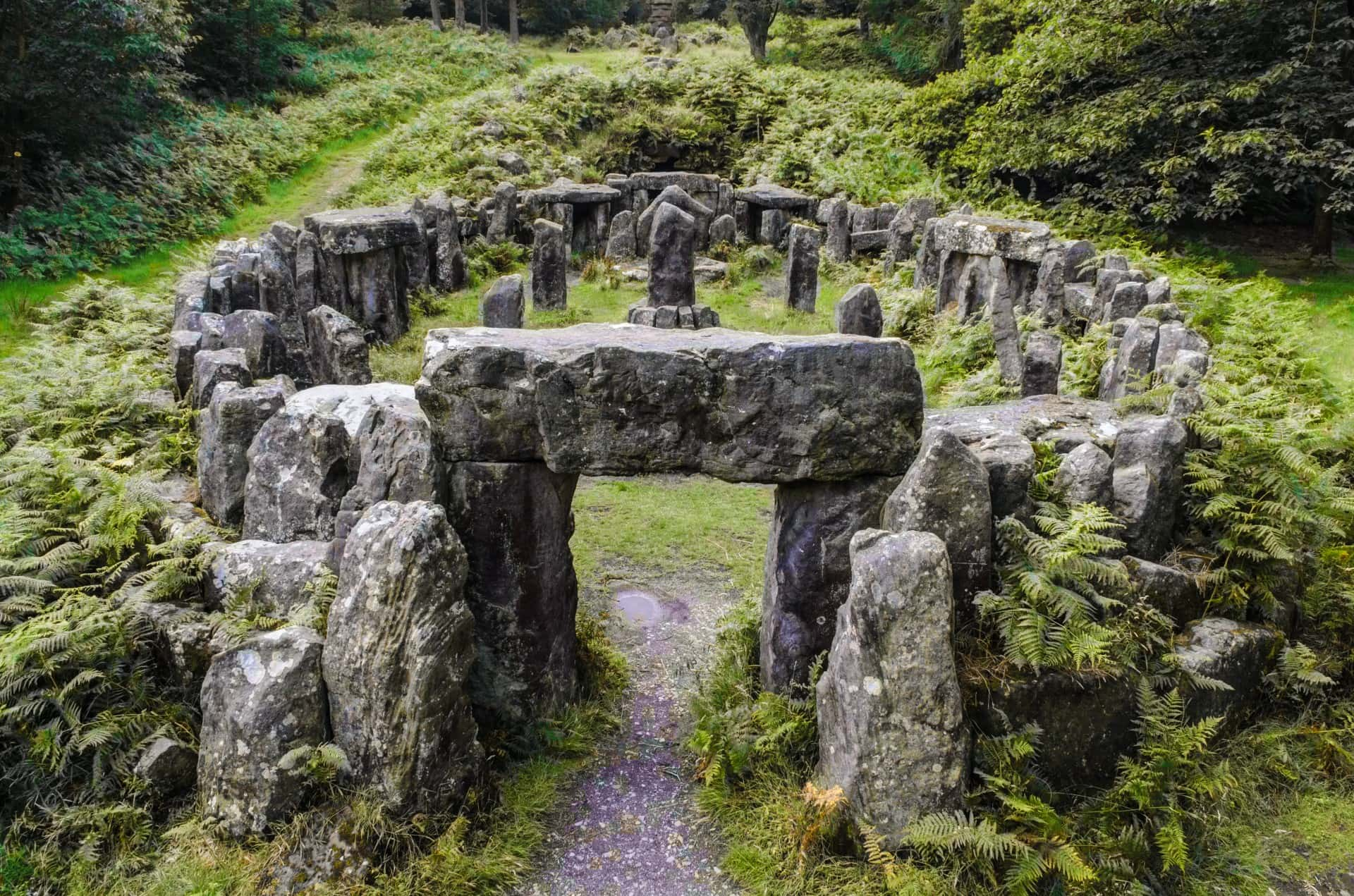 Public Domain Pictures
Public Domain Pictures
36. Know Your Place
The order of druids was divided into three sections. The Bards were charged with preserving the music and stories of their society. The Ovates practiced medicine, and also acted as clairvoyants. The Druids (with a capital D) were the philosophers and teachers, much like Aristotle and Plato were to their own society. They also acted as judges in time of need.
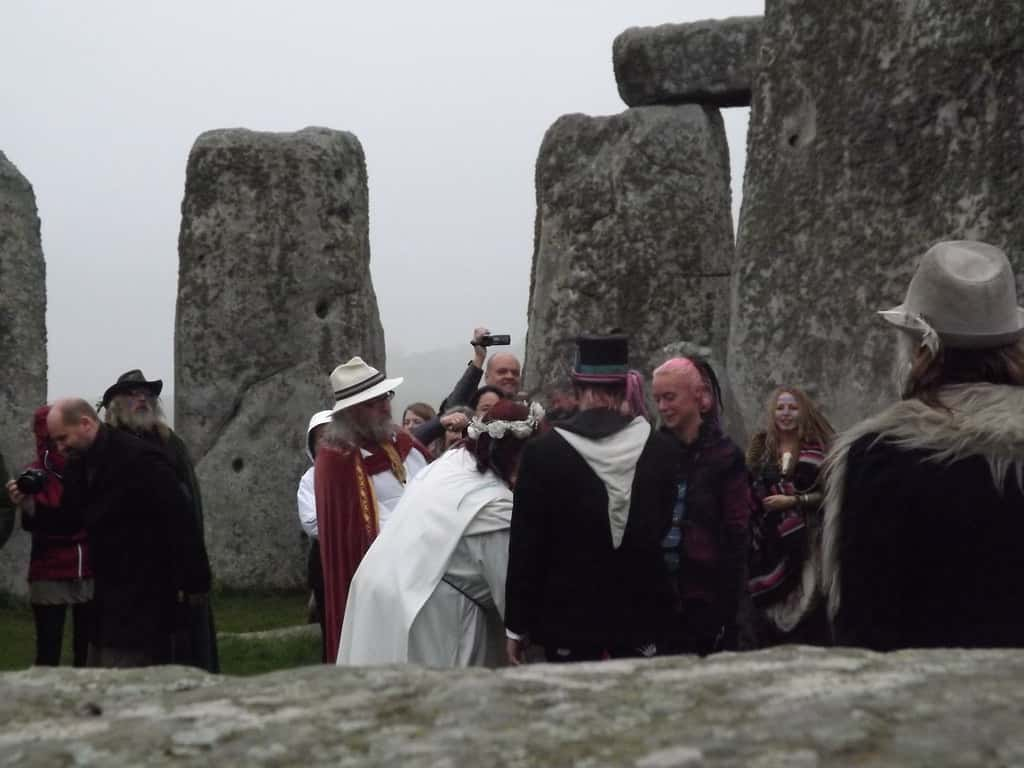 Flickr,Stonehenge Stone Circle
Flickr,Stonehenge Stone Circle

History's most fascinating stories and darkest secrets, delivered to your inbox daily.
35. Under a Geas
Since the druids were often involved in foresight or prophecy, one of their powers could be the ability to invoke a geas upon someone. In the Irish mythologies, a geas was a rule, or spell, preventing someone from doing something at the risk of dying. This was seen as a blessing or a curse depending on the situation. Usually it was heroes affected by a geas who sometimes brought about their doom when they were forced to break their geas.
34. Taliesin
One famous example of a druid is Taliesin. According to what little we know of Taliesin, he was a famous bard who sang for at least three British kings. As the years went on, he’s become a legendary figure associated with Bran the Blessed, and even King Arthur.
33. The Gods Want Blood
When they wrote about the Celts, the Romans often commented on their rituals of human sacrifice to the gods. There is room for argument on the subject, but allegedly, the druids would be responsible for sacrificing to different gods in different ways. One god wanted men to be hanged, while another insisted on drowning them. Sometimes prisoners and criminals were used, but it’s been suspected that some sacrifices died willingly. No doubt the druids would be pleased to know how much they inspired George R.R. Martin.
32. Big Fans of Arbor Day
One thing that defined the Celtic religion was the sacred grove. A grove is a cluster of trees, and the druids would fence off certain groves for their rituals. Even the basis of their name (as we discussed earlier) indicates how important trees were to Druidry.
31. Imbas Forosnai
In ancient Ireland, there was the tradition of Imbas forosnai, which was the gift of clairvoyance. It was supposedly practiced by the great poets of Celtic Ireland. For the Celts, spiritual truth was usually conveyed through poetry. Nowadays, that part is still true for a lot of people, but we do feel a bit shortchanged on the lack of clairvoyance.
30. Merlin the… Druid?
Many people are familiar with Merlin being a magician or a wizard, but there’s speculation that Merlin was inspired by the druids. His earliest portrayals share traits with the druids. Ancient sources also write on a madman whose name is close to Merlin’s, who served as a druid to a king.
29. Die Hard 3
One of the more hardcore beliefs of the druids was the threefold death. In one version of the threefold death, an individual has three simultaneous causes of death; for example, wounding, hanging, and drowning. These causes of death were usually a punishment predicted in advance, and naturally there’s only a few recorded instances of them, given how unlikely a triple death happens in life.
28. They Always Come in Threes
The number three was very important to Druidry. Aside from the threefold death and the three classes of druids, there was a belief in Gaul that the universe was divided into three parts. The Celts had also adopted the ancient symbol of three conjoined spirals, known as the triskelion.
27. British Bias
When the Romans first invaded Britain under Caesar’s command, they made a lot of discoveries about how the Britons lived and what Britain was like. Caesar himself speculated that Britain was where Druidism first came from, and it was brought to mainland Europe from there. No doubt the British Tourism Board would be thrilled to have such a nice endorsement of British culture.
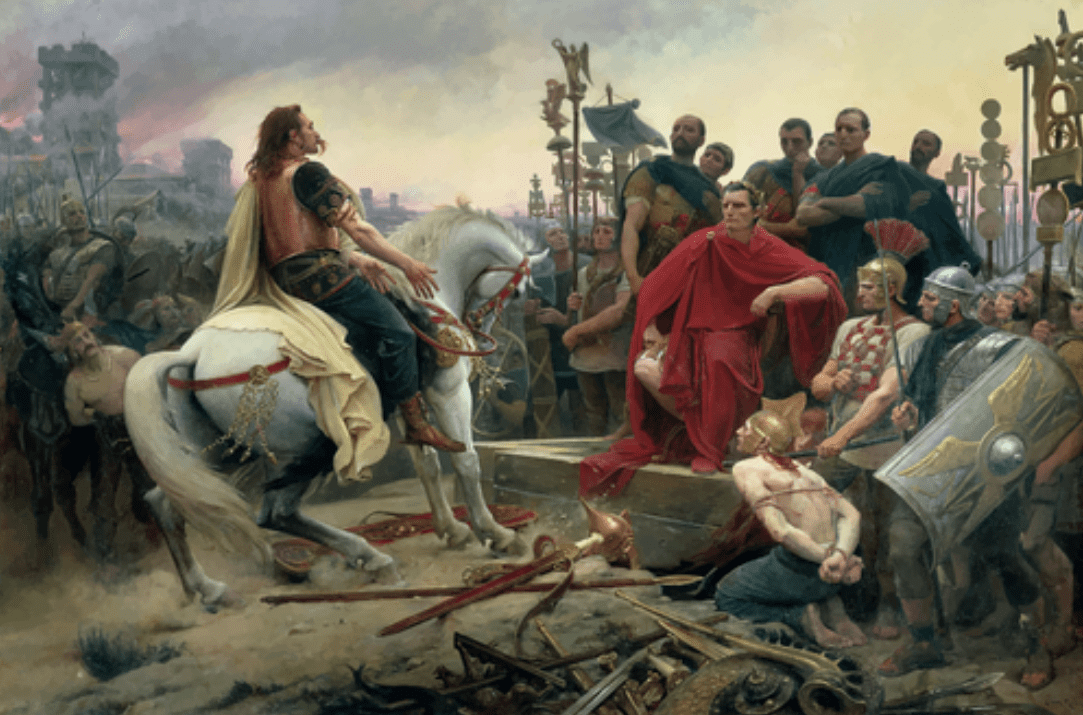 Public domain vectors
Public domain vectors
26. Sacred Island
In Britain, one location sacred to the druids is the island of Ynys Mon, also known as Anglesey. Historical documents go out of their way to point this out, looking at Ynys Mon like it’s a sort of enemy base. It was noted for its collection of sacred groves and monuments.
25. The Oak & Mistletoe Ritual
According to noted Roman historian Pliny the Elder, the druids had a ritual for the moment when rare mistletoe was discovered growing on an oak branch. This was the spiritual jackpot for the Celts, so the druids would sacrifice two white bulls while cutting down the mistletoe with a golden sickle. The mistletoe was said to be an antidote to poison. Pliny’s passage has gone on to influence much of how we view druids to this day.
24. May Day Holiday
In Wales, the druids and the rest of the Celts celebrated Calan Mai on the first day of May. It was seen as the midpoint between summer and winter, so the two seasons would have a fight that was acted out by the people. It was also seen as a day for divination and contacting the dead. The tradition of lighting bonfires was preserved in Wales long after Druidry had been wiped out.
23. Equal Opportunity
In Irish mythology, there are several instances of druids being women. It’s actually such a common occurrence that the Irish had more than one word to describe a female druid. Some of the named female druids include Biróg, Bé Chuille, and Dornoll, all of whom play large roles in the mythological tales they appear in.
22. Stephen King, Eat Your Heart Out
Once again proving that the Irish had the best kind of mythology, a power that was often associated with the druids was known as the féth fíada. This referred to an enchanted mist that druids would use to hide themselves from their enemies in times of need. Naturally, this awesome bit of mythology was later stolen and went on to be associated with early Christian saints.
21. Afterlife
Druidry has a few different ideas of the Otherworld, but its general idea remains the same across the board. After death, people went to the Otherworld, a place that is associated with joy and celebration. Warriors feast together, people are forever young, and time is no longer a thing. Mythological heroes were able to visit the Otherworld and return to the land of the living, and some believed that the dead would eventually be reincarnated.
20. Those Bloody Romans
The Romans hated the Celts, and Julius Caesar made a career out of conquering Gaul. Subsequent emperors waged a war on the druids, trying to stamp out their religions in favor of the Roman ones. Augustus allegedly made it illegal for druids to be Roman citizens.
19. Island Massacre
Britain took a little longer for the Romans to subdue, so the Romans made sure to hit them where it hurt. Tacitus proudly describes the terrifying invasion of Ynys Mon by Suetonius Paulinus, the slaughter of the druids, and the destruction of the groves.
18. Christians Move In
Eventually the Romans converted to Christianity, a religion that stuck around even after the Roman Empire disappeared. Christianity completed the destruction of old Druidry, as they were reduced to being midwives and village healers. For their part, the Christians plundered Druidry and adopted many things for their own faith.
17. We’ll Take That Word Too!
The druids worshipped the seasonal solstices and equinoxes as part of the idea that life is a series of renewing cycles. Their word for winter solstice was "Yule," which people might realize is the same name of a tradition stolen by the Christians to enhance Christmas.
16. Irish Hero
Saint Patrick, that honored saint of Ireland who turned it Christian, was noted by writers for challenging, and ultimately overthrowing, the order of druids in Ireland. Murchiú’s writing even gives the druids a prophecy where they predict Patrick’s arrival and triumph. In it, he’s depicted as being crazy, which is an attempt to show how much Patrick was hated by his enemies.
15. Modern Reboot of a Dead Franchise
It might surprise some people to know that a new Druidism not only exists but is flourishing in our modern era, with thousands of people claiming to be part of Neo-Druidism. People are still arguing over its exact definition, and its been alternatively called a new religion, a spiritual movement, and in some cases, yet another way for hippies to waste their time.
14. Bring Back the Past
Ancient Celtic religions had been all but wiped out during the first thousand years of Christianity dominating the post-Roman world. By the 1700s, however, some people had begun to look back and help bring about a sort of revival for Druidism. These people included artist and poet William Blake!
13. So Why the Change of Heart?
There are a few reasons why Druidism was brought back from near extinction. It was around this time that the age of exploration exposed people to the Aboriginal tribes of the Americas. While most called them savages, some admired these people for their closeness with nature and their spiritual peace despite never being near Christianity. Also, ancient texts were being translated, and gave people a whole new slate of sources on their Celtic ancestors, and this led to some serious nostalgia.
12. Struggle for the Stones
Stonehenge remains the most famous place of worship to Druidry for both old and new practitioners. In 1905, a gathering of nearly 300 neo-druids held a ceremony at Stonehenge, even as the newspapers back then mocked the group. I shudder to think what Twitter and Tumblr would have said back in the day.
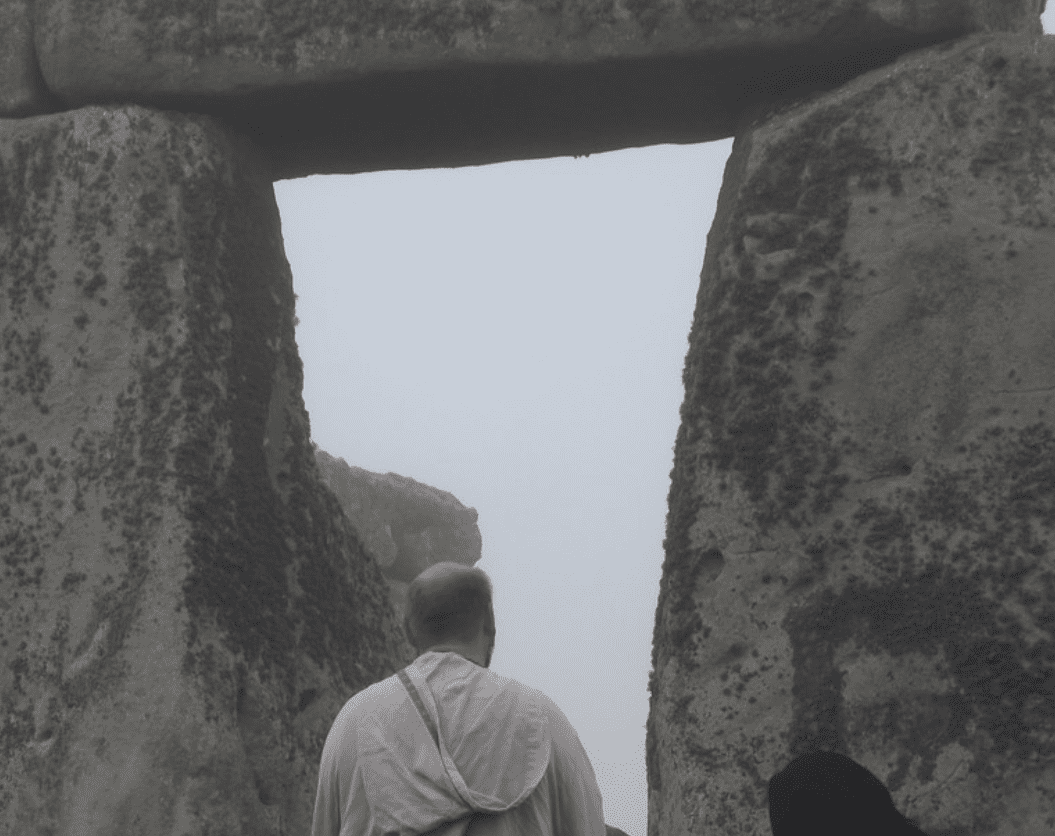 Flickr,Stonehenge Stone Circle
Flickr,Stonehenge Stone Circle
11. A Slightly Less Cool Indiana Jones
William Stukeley was one of the original archaeologists, so it should surprise nobody to know that he was big into Druidry. He founded a society of druids in London, which he claimed was supported by no less than the Princess of Wales.
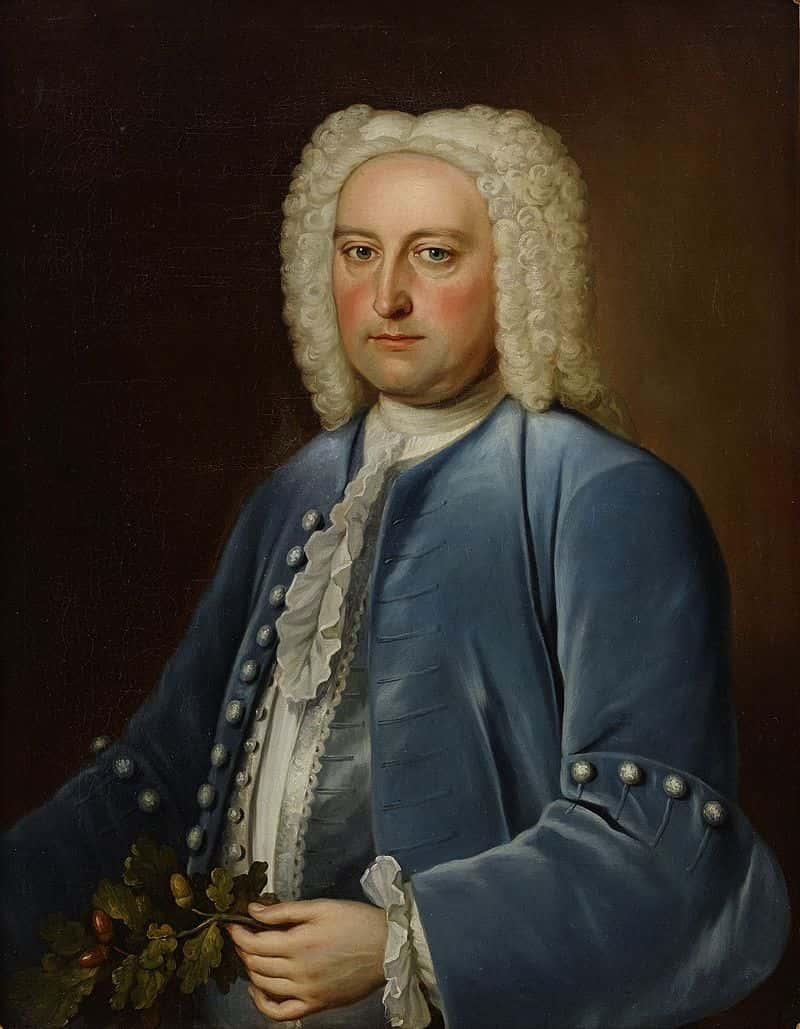 Wikipedia
Wikipedia
10. Al Gore’s Religion
Neo-Druidism is concerned primarily with nature. They consider it very sacred, and it shouldn’t surprise you to know that many neo-druids are also rabid environmentalists.
9. What’s Your Belief on the Subject?
Neo-druids worship a differing number of gods, with no hard-set rules about it. They also believe in communication with spirits during their rituals. An old Irish belief is that iron repels spirits, so the druids avoid using any iron in their rituals as a result.
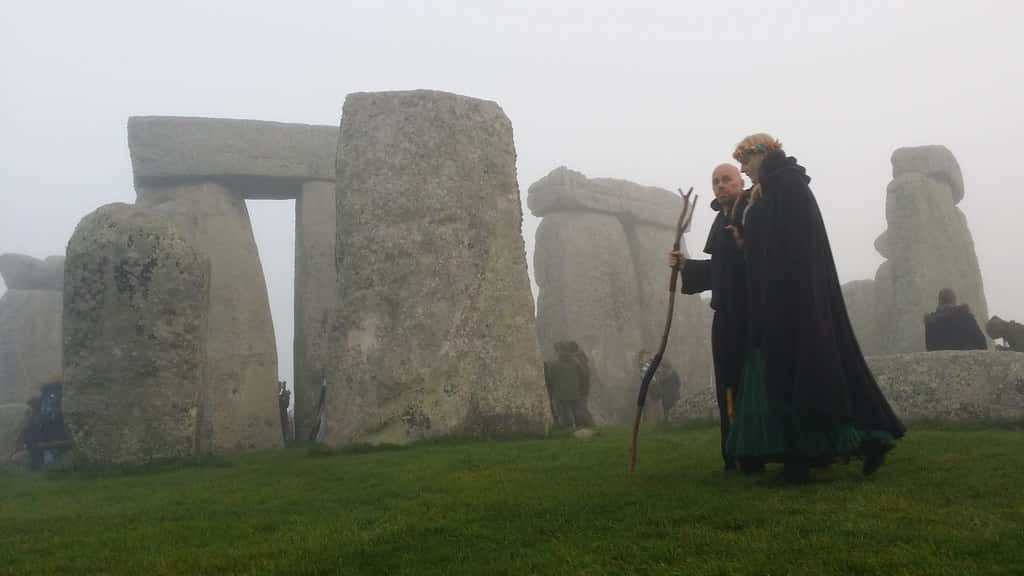 Flickr,Stonehenge Stone Circle
Flickr,Stonehenge Stone Circle
8. Respect Your Elders
Modern Druids believe in a connection to their ancestors and show them proper respect. This has led to neo-druids leading campaigns to re-bury skeletons being held in museums or science labs. The scientific community has responded with arguments of their own.
7. Get Some Kind of Organization in Here!
Because nobody can fully agree on how the druids used to run things, and considering everyone has their own ideas about how things should be run, it’s safe to say that the Druidry of today is very fluid in its structure. Some groups use the three groups of Bards, Ovates, and Druids as was used in the Iron Age, while others prefer a less hierarchical structure.
6. Life’s a Festival
Neo-Druidry celebrates eight spiritual festivals each year. Four of them are the solstices and equinoxes. Some of these festivals are carried over from the Celtic celebrations, while others have been invented through speculation of how the druids of old might have celebrated. Interestingly, these festivals often overlap with the Wiccan festivals.
5. A Joke That Didn’t Die
In 1963, a group of students at a Minnesota liberal arts college had an issue with a rule that said any students attending the college needed to be part of an organized religion. This group of students decided the best way to protest was to create the Reformed Druids of North America purely as a middle finger to the administration. The effort worked, and the religion rule was removed the very next year. Surprisingly, the RDNA (as it’s now called), which had started out as a joke ripping off Wiccan traditions, far outlived its original purpose. In 2005, its members numbered in the thousands.
4. The Druidry Dos and Don’ts
Neo-druidry has no universal instructions on ritual, but they’re most often performed outside when the sun is at its peak in the sky. The group stands in a circle and calls to the four winds while ceremonial food and drink is passed around. Energy from the earth is then summoned during a period of meditation. This usually concludes, in the time-honored British fashion, with a visit to the local pub.
3. We Invented Halloween
One of the origins of Halloween is the sacred day of Samhain. This was the last harvest day, but also an eerie, spiritual day. The druids declared that on Samhain, the living and the dead were closest to each other than on any other day. So of course, the Christians eventually adopted it into a day of fear and spooky ghosts that only pagans would find meaningful.
2. The Dead Marshes
Throughout the years, bodies have been found preserved within peat bogs, giving rise to the term "bog bodies." While this would cause most people to never set foot in the bogs ever again, archaeologists continue to make discoveries. Many corpses date back to the Iron Age, the best example being Old Croghan Man. Based on the evidence we’ve discovered about his life and death, a popular theory is that he was a human sacrifice to one of the many Celtic gods whom the druids would worship.
1. Still Sounds Better Than Burning Man
Julius Caesar himself wrote of the rituals of human sacrifice that he witnessed among the druids, the most frightening of which was the legendary wicker man. He said that the druids would build an enormous, wooden effigy of a man and place sacrifices inside (ideally criminals who had been sentenced to death, but slaves would do in a pinch). The wooden idol would then be set on fire, and the people inside would be burned alive. This image paints a particularly gruesome image of the druids, but it is important to remember that Caesar spent his life fighting Gaelic peoples, and so his opinion may not be the most credible.
Source: 1, 2, 3, 4, 5, 6, 7, 8, 9, 10, 11, 12, 13, 14, 15, 16, 17, 18, 19, 20, 21, 22, 23, 24, 25, 26, 27, 28, 29, 30, 31, 32, 33, 34

